Fujigen Guitar Factory (FGN)( & Its Vital Role In The History Of Fender Guitars
The History of Fender Guitars Made in Japan:
The history of Fender guitars made in Japan is a fascinating story of collaboration, innovation, and craftsmanship. Beginning in the early 1980s, this venture was not just a response to market dynamics (Aka the Japanese doing it better than the Americans!) but also a testament to the artistry of Japanese luthiers, particularly those at the renowned Fujigen factory.
So WHY did Fender need to ask Fujigen to make their guitars and what impact did this have on the Fender brand?
If You Can't Beat Em'....
In the late 1970s and early 1980s, Fender, like many American guitar manufacturers, was facing significant competition from Japanese companies producing high-quality, affordable instruments. Brands like Ibanez and Tokai were making waves with guitars that rivaled the build and sound quality of American models but at a fraction of the cost. Fender on the other hand was watching quality dipping with the 70s era instruments being considered the worst since they began manufacturing the Fender brand.
To counter this challenge, Fender decided to set up production in Japan, ensuring they could offer quality instruments at competitive prices while maintaining control over their brand and reputation.
The Fujigen Factory: The Heart of Japanese Fender Production
Central to this endeavor was the partnership with the Fujigen Gakki factory, located in Matsumoto, Nagano. Fujigen had already built a reputation for its superior craftsmanship and attention to detail, making it an ideal partner for Fender. Established in 1960, Fujigen was initially known for producing high-quality classical guitars and quickly expanded its expertise to electric guitars.
The choice of Fujigen was crucial for several reasons:
- Craftsmanship: The artisans at Fujigen were meticulous and highly skilled, able to produce guitars that met Fender's exacting standards.
- Innovation: Fujigen was at the forefront of manufacturing technology, utilizing techniques and tools that ensured precision and consistency.
- Production Capacity: The factory could handle large-scale production without compromising on quality, essential for meeting the global demand for Fender guitars.
The Impact and Legacy of Japanese Fenders
Fender's Japanese production began in earnest in 1982 with the introduction of the JV (Japanese Vintage) series. These instruments were meticulously crafted to replicate Fender's iconic 1950s and 1960s models, capturing the essence of the golden era of electric guitars. The JV series received widespread acclaim for their exceptional build quality, vintage accuracy, and playability.
The success of the JV series paved the way for other notable lines, including:
- The Squier Series: Originally a budget-friendly alternative to the main Fender line, the Japanese-made Squier guitars quickly earned a reputation for their quality, becoming popular among beginners and seasoned players alike.
- Contemporary and Boxer Series: These models introduced modern features and designs, appealing to players looking for more versatility and innovation in their instruments.
Japanese-made Fenders are celebrated for several key qualities:
- Quality Control: The stringent quality control measures at Fujigen ensured that each guitar met high standards of construction and finish.
- Materials and Components: Fender Japan used high-quality woods and components, often sourced domestically, which contributed to the overall excellence of the instruments.
- Attention to Detail: From the neck profile to the fretwork, the attention to detail in Japanese Fenders was often superior to their American counterparts of the same era.
The Ongoing Influence
The collaboration between Fender and Fujigen continued until the mid-1990s, after which production moved to other factories, including Dyna Gakki and Tokai. However, the legacy of the Japanese Fenders endures. These guitars remain highly sought after by collectors and musicians, often fetching high prices on the second-hand market.
Moreover, the influence of Japanese craftsmanship can still be felt in Fender's modern production techniques. The success of the Japanese venture rebuilt trust in the Fender brand, enabling them to re-establish their American models popularity with 1980s strats - American design - once again being considered benchmark guitars.
Conclusion
The history of Fender guitars made in Japan is a remarkable chapter in the brand's storied past. Driven by the need to compete in a changing market, Fender's partnership with the Fujigen factory led to the creation of some of the most beloved and respected guitars in the company's history. The fusion of American design and Japanese craftsmanship not only preserved Fender's legacy during a challenging period but also enriched it, leaving a lasting impact on the world of electric guitars.




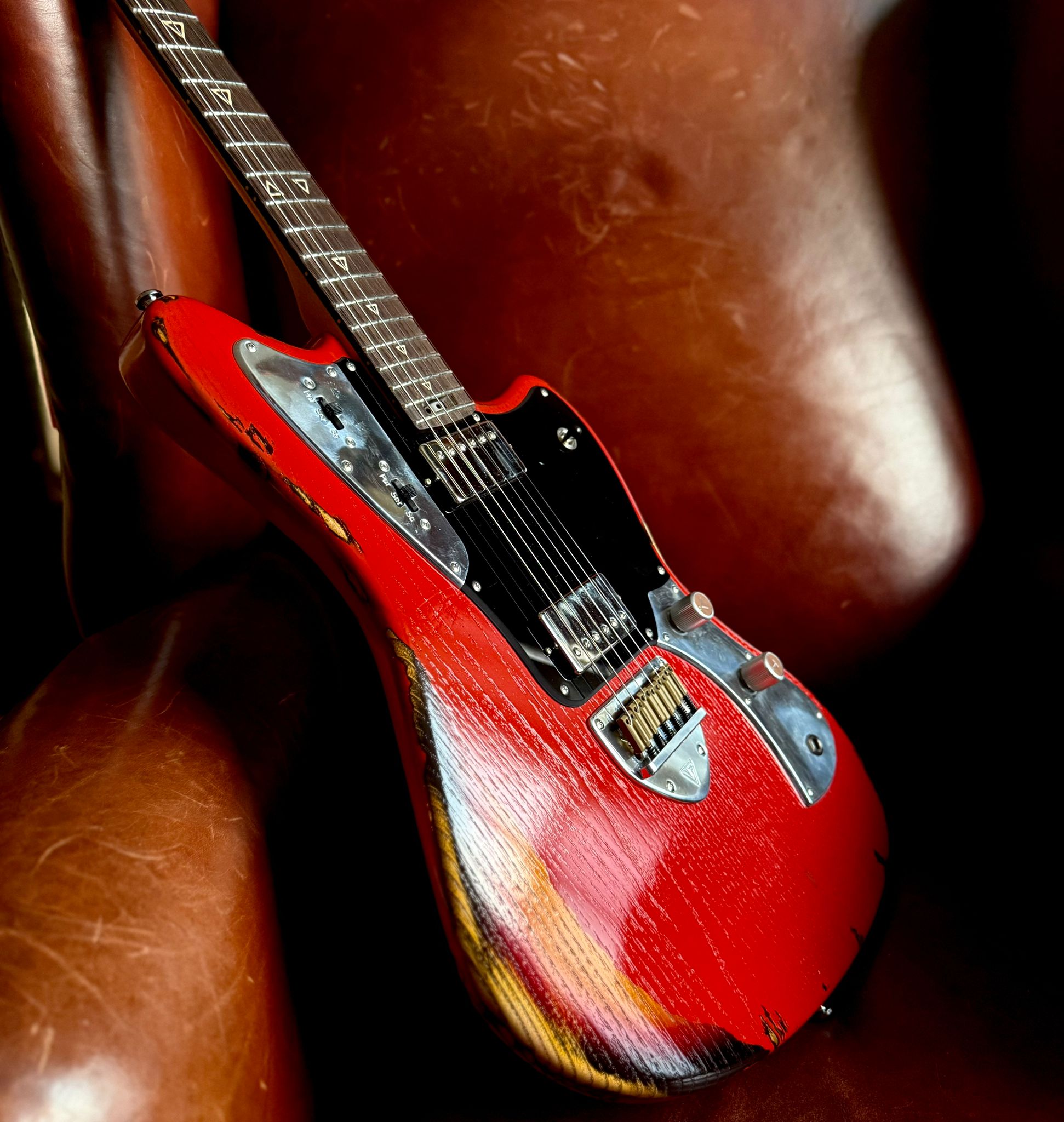
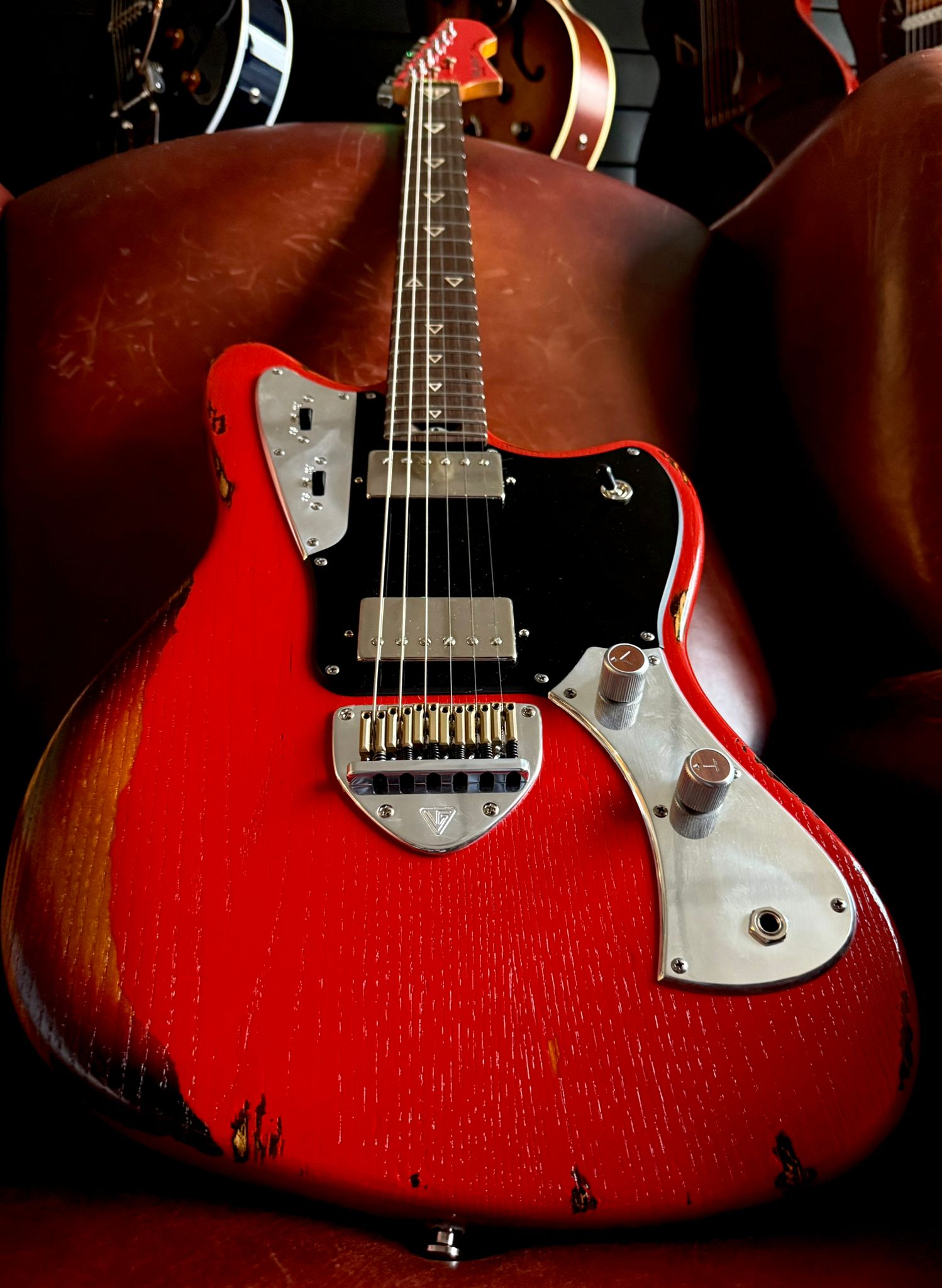
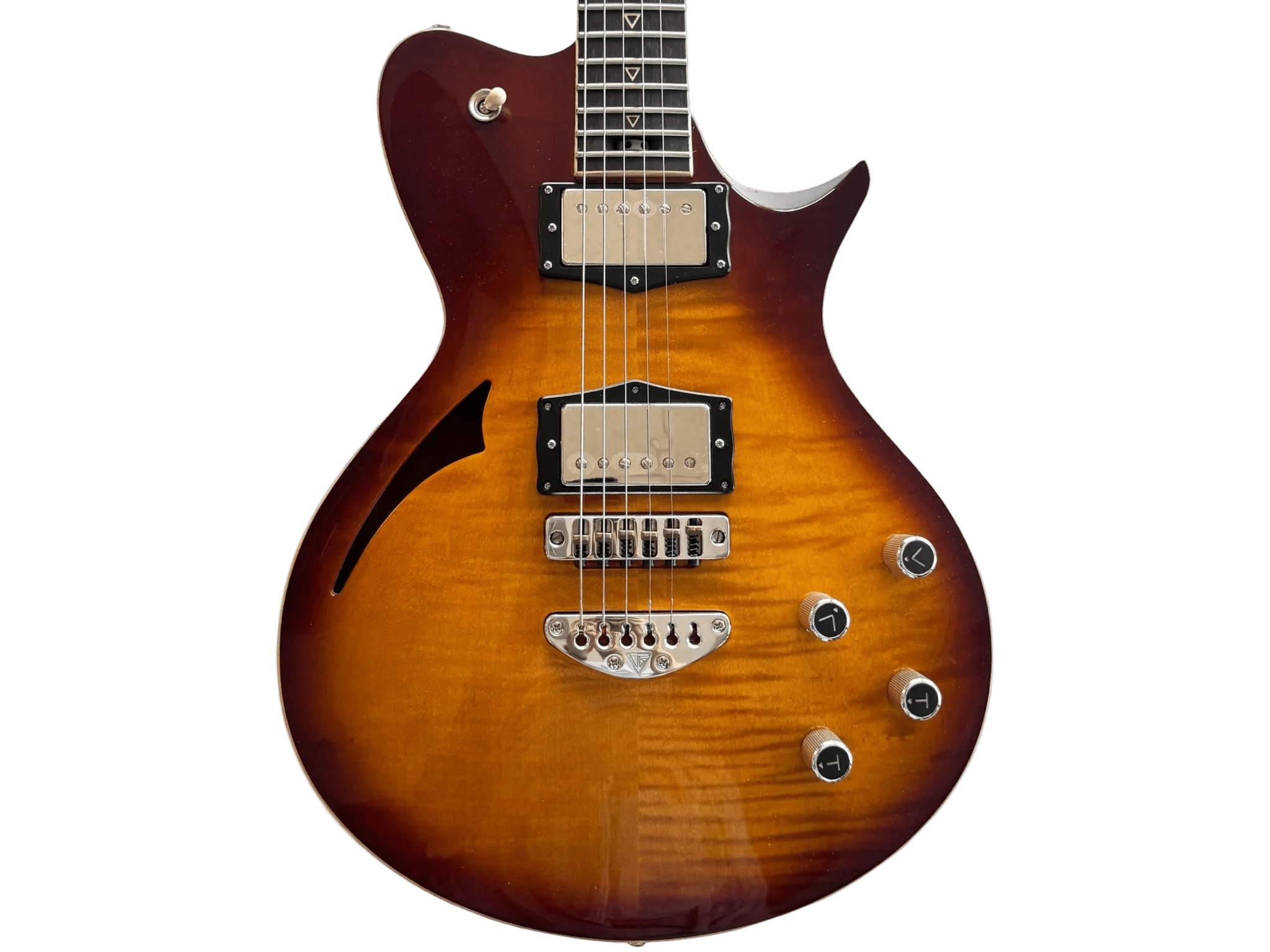
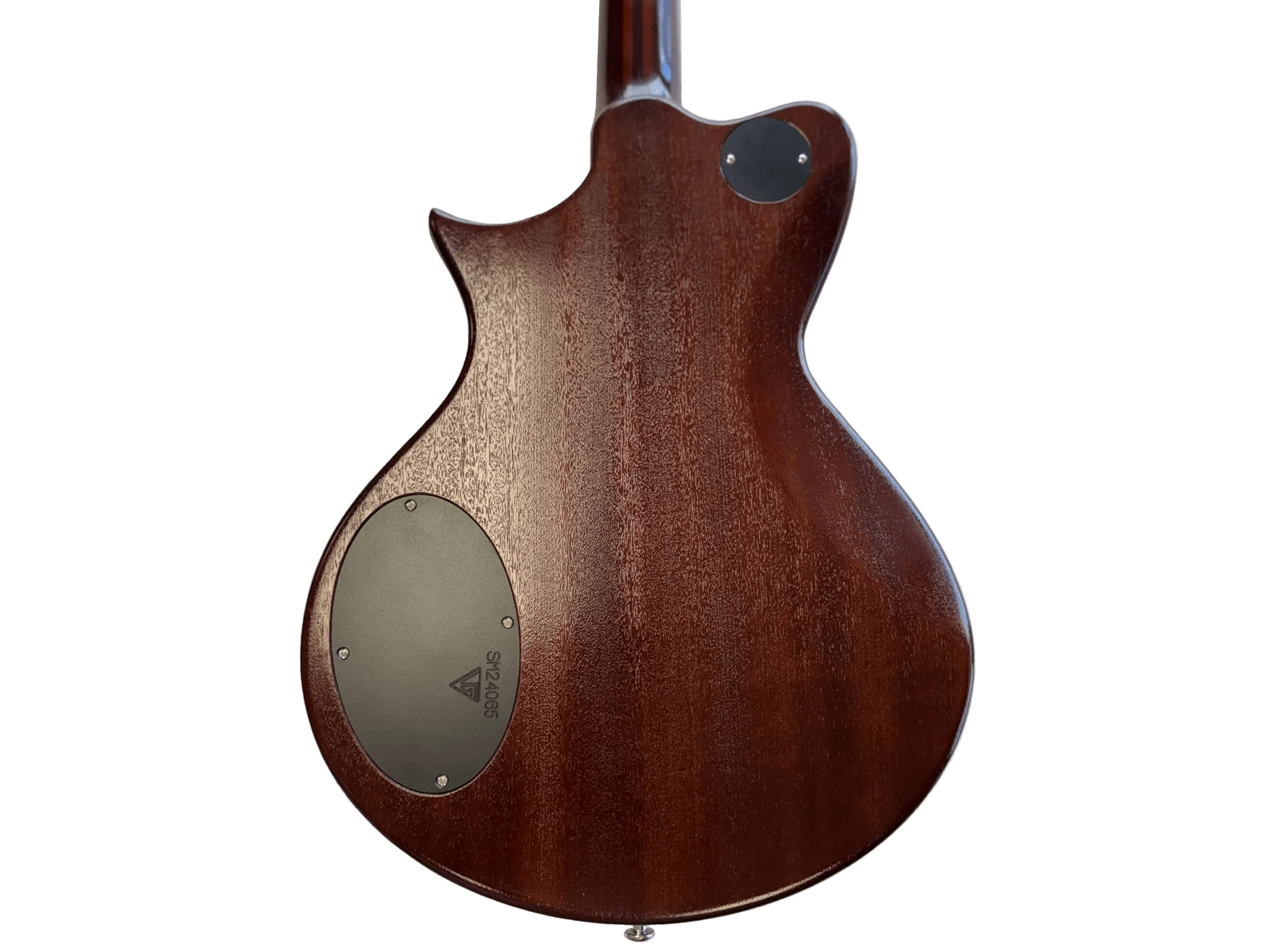
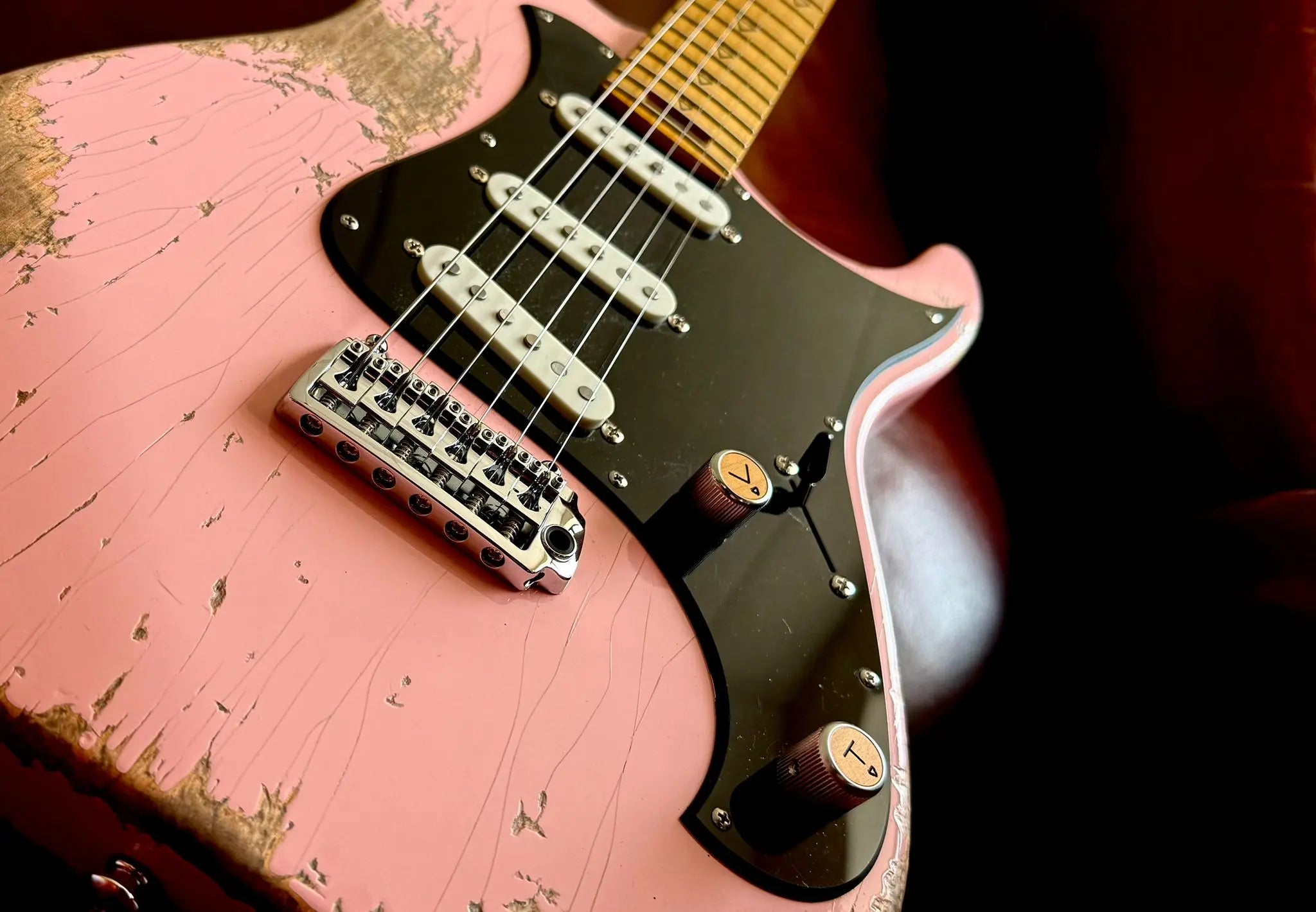
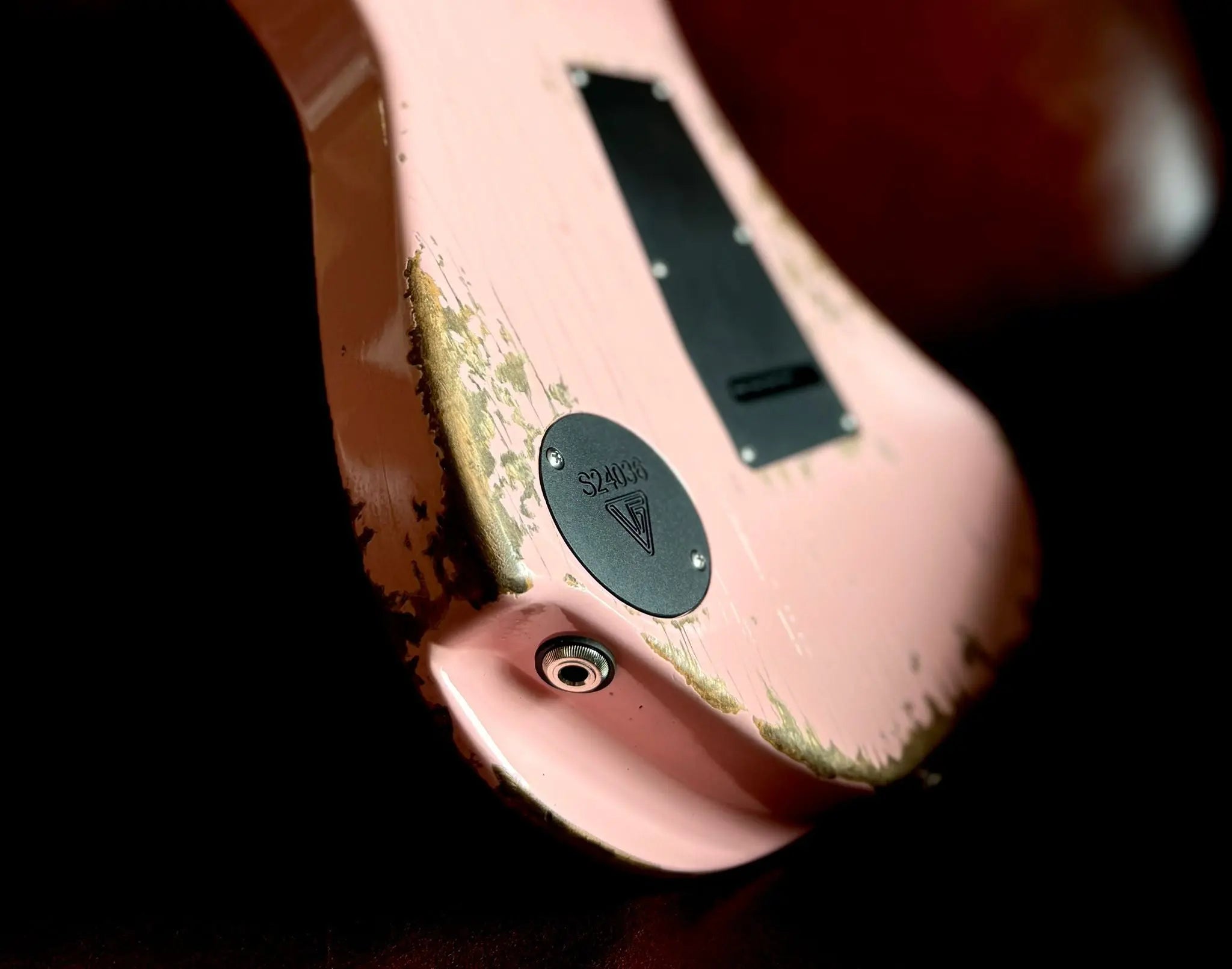




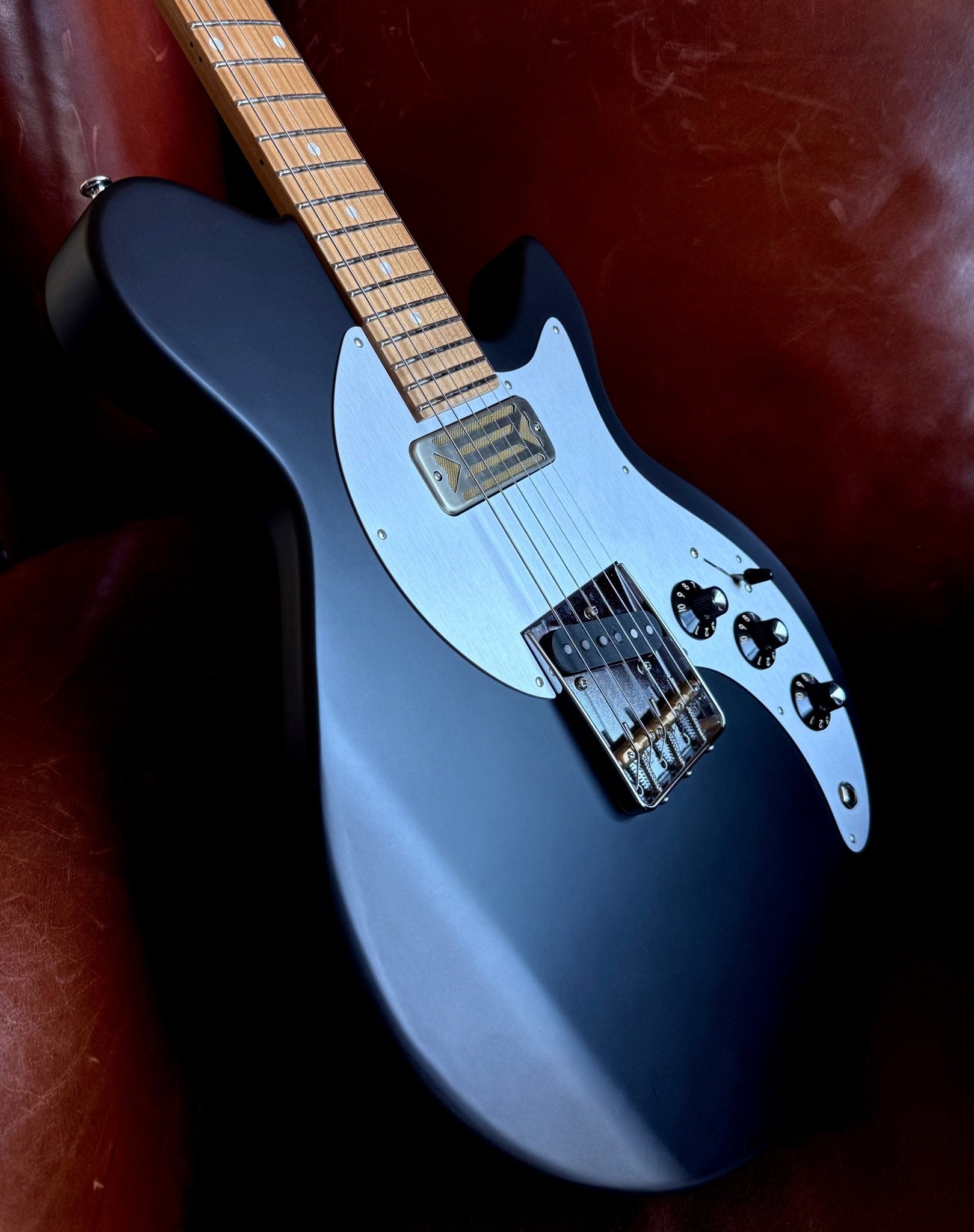
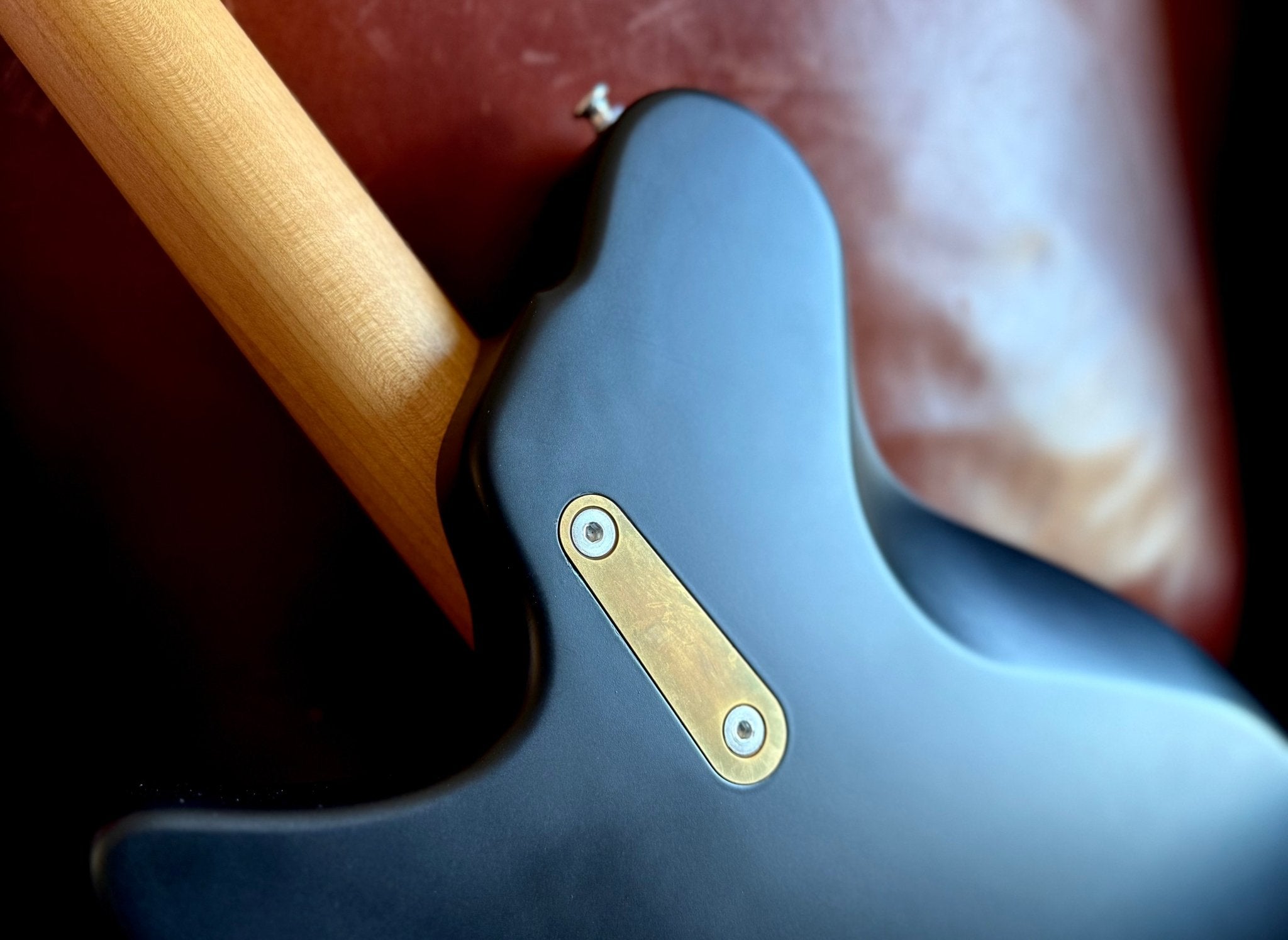
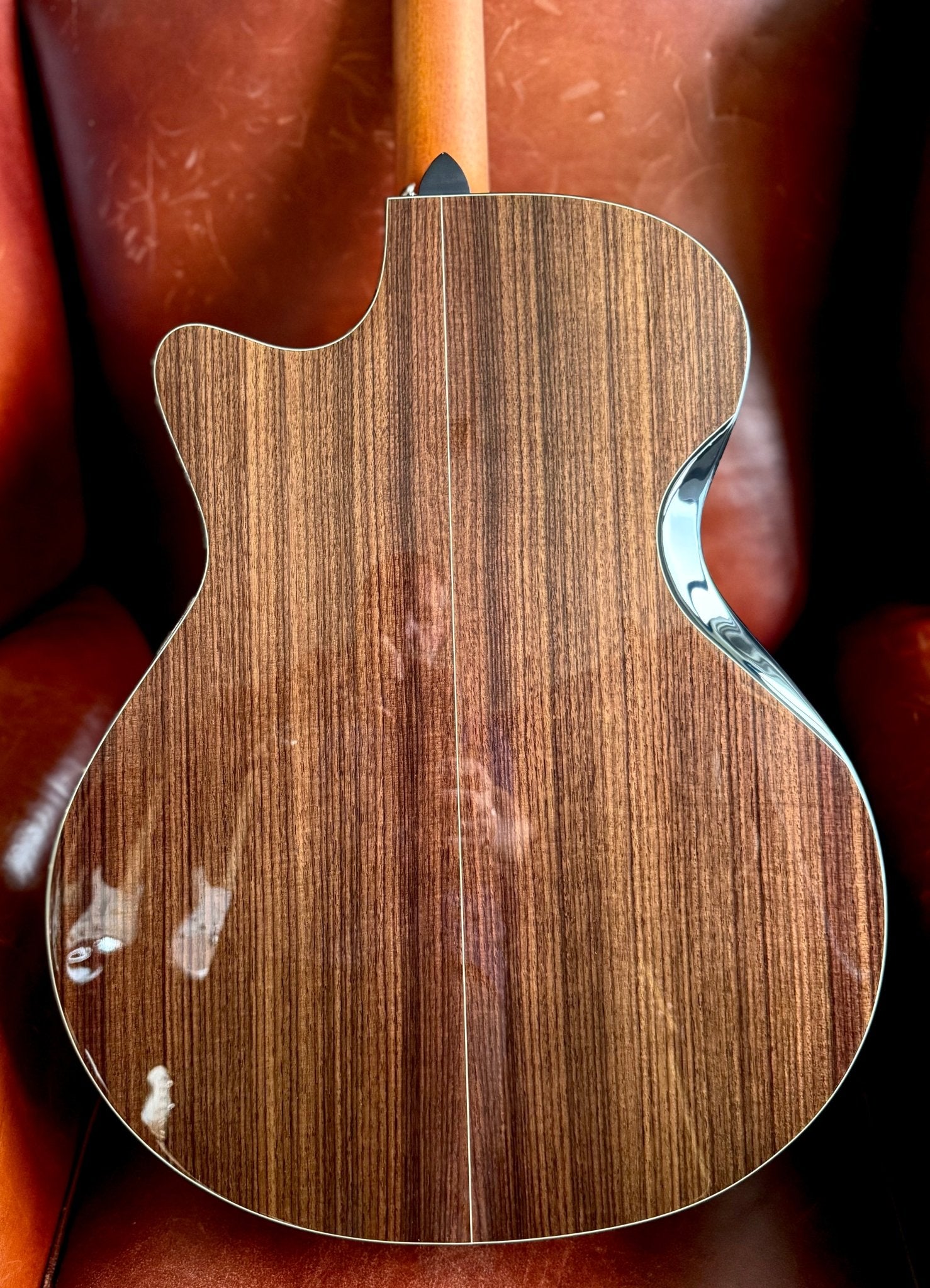
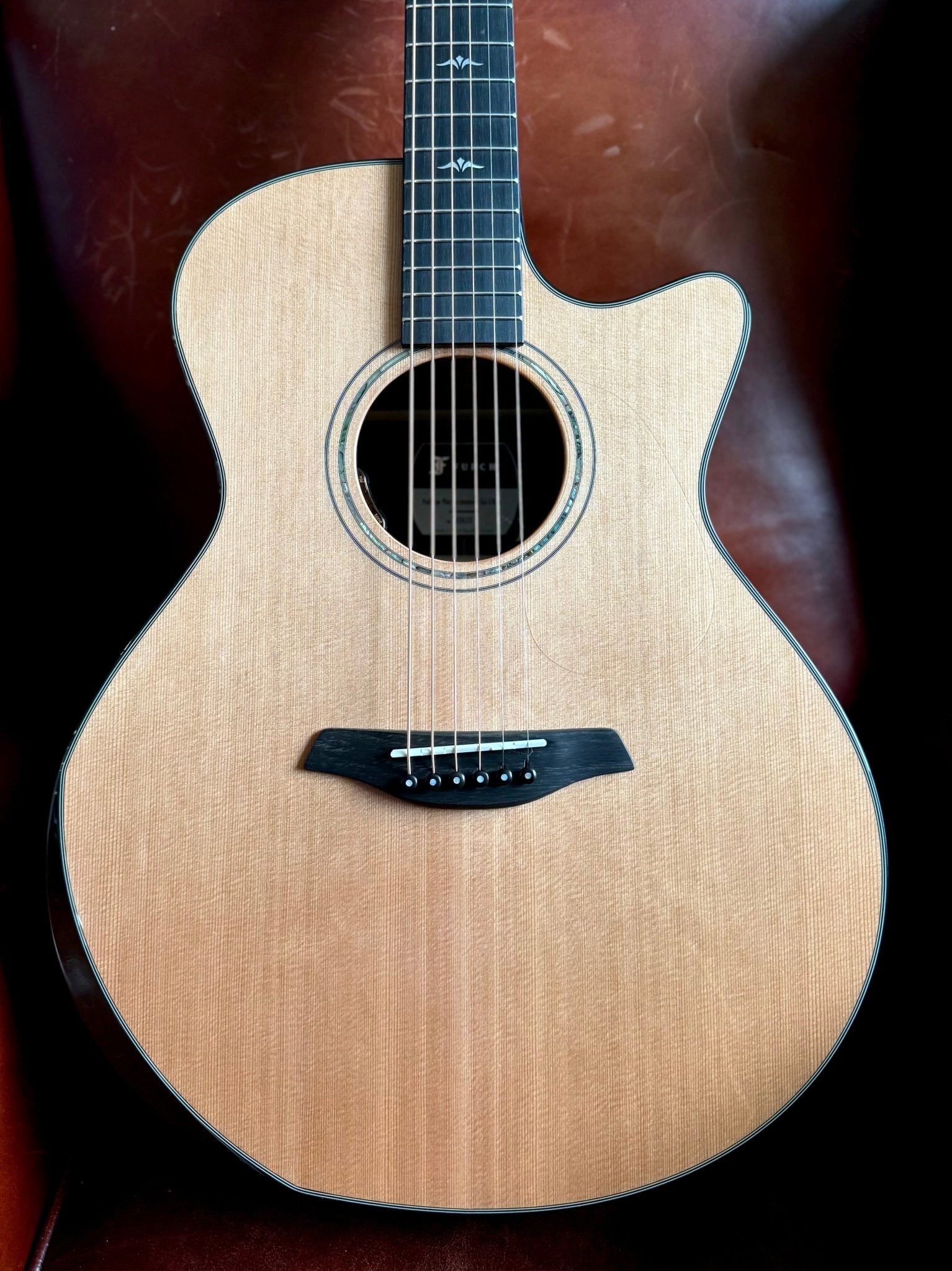
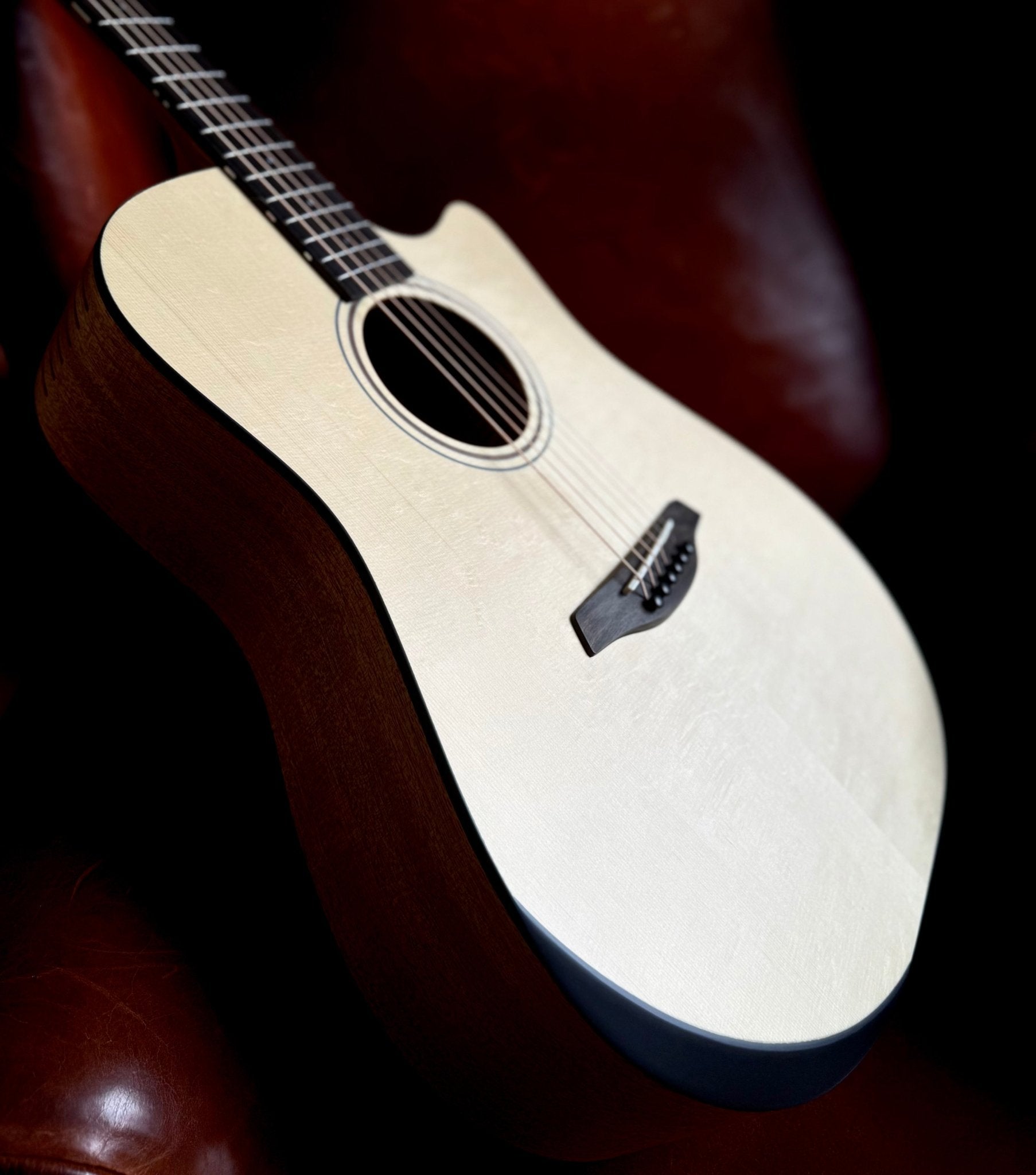
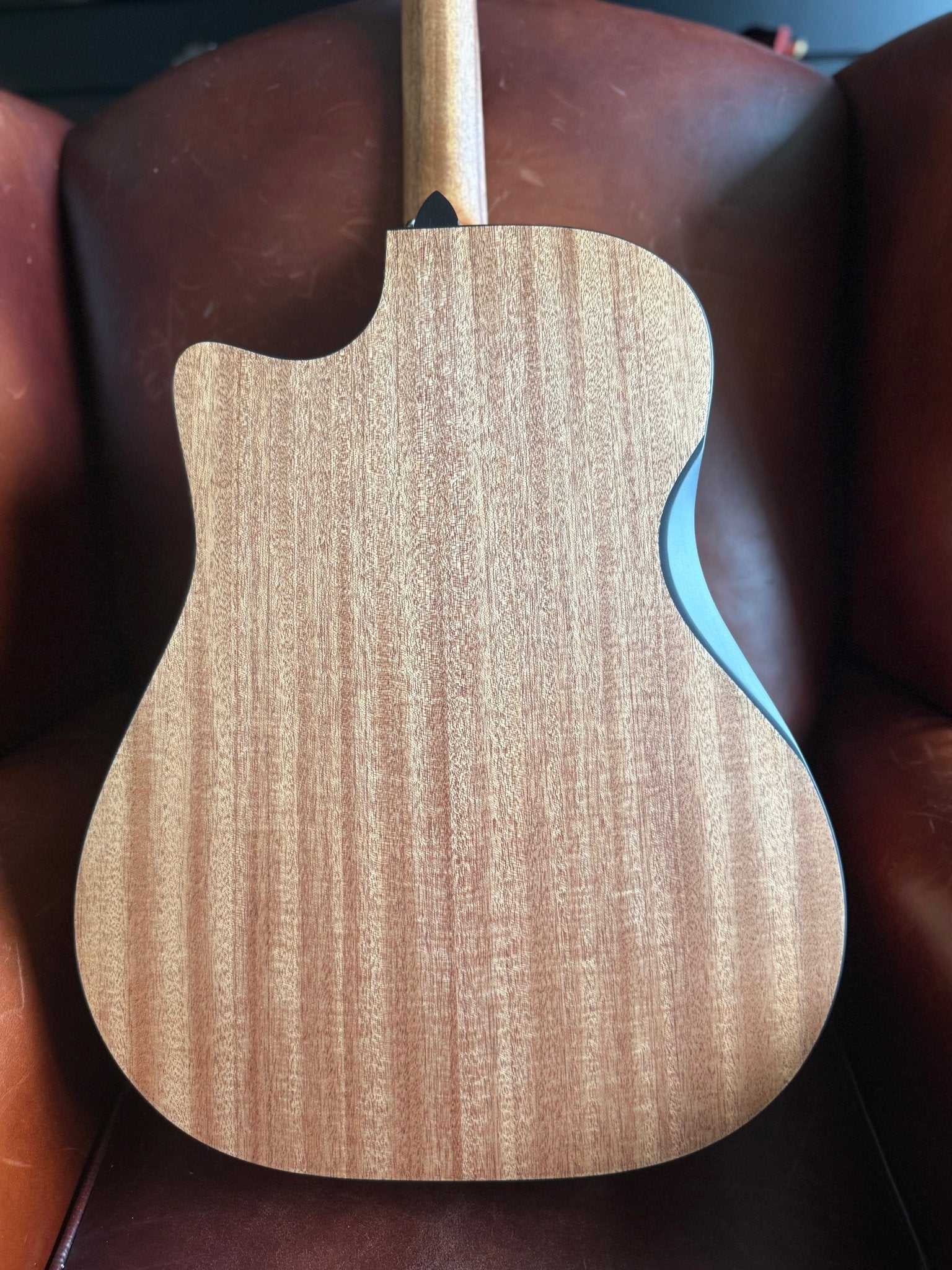
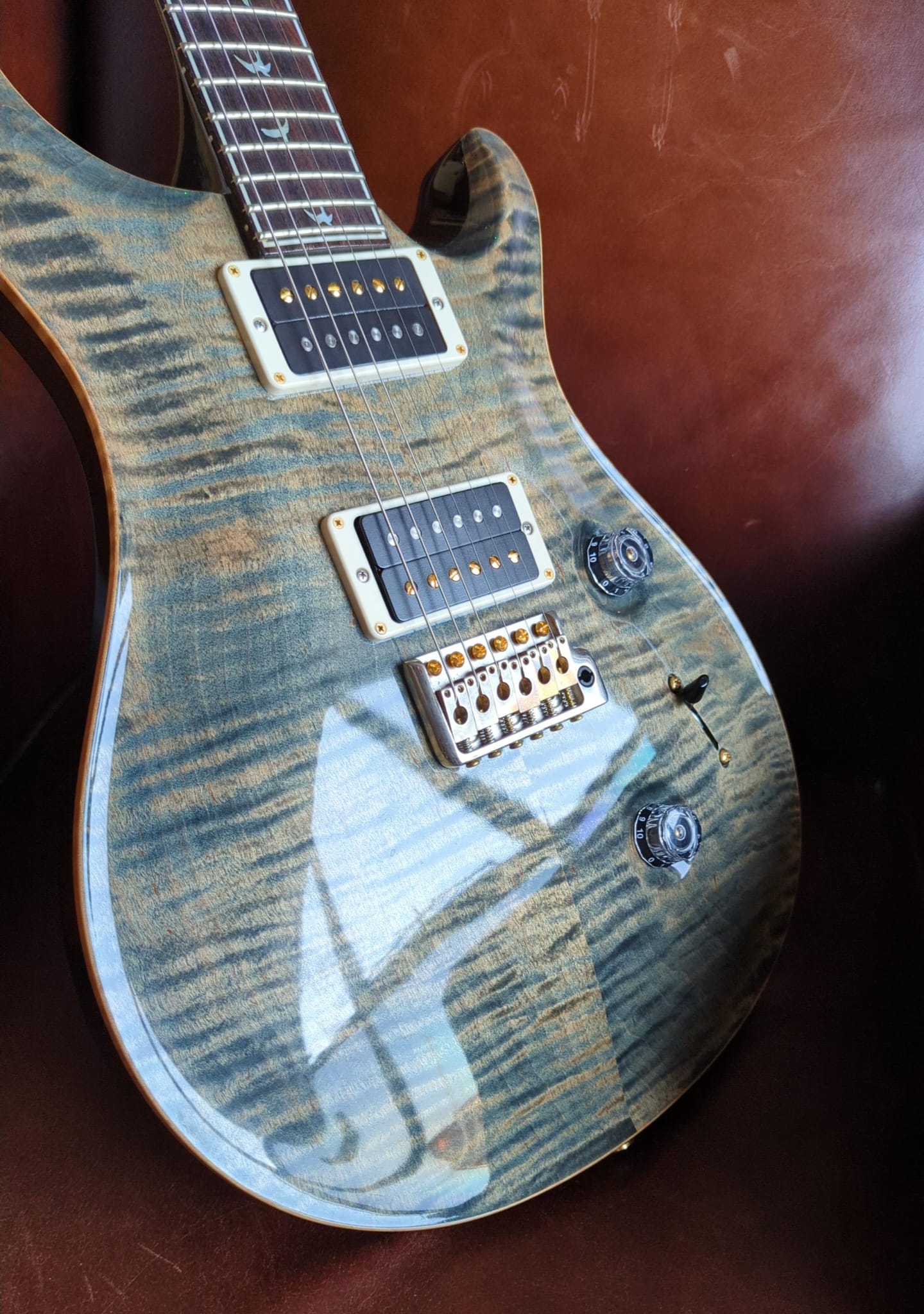
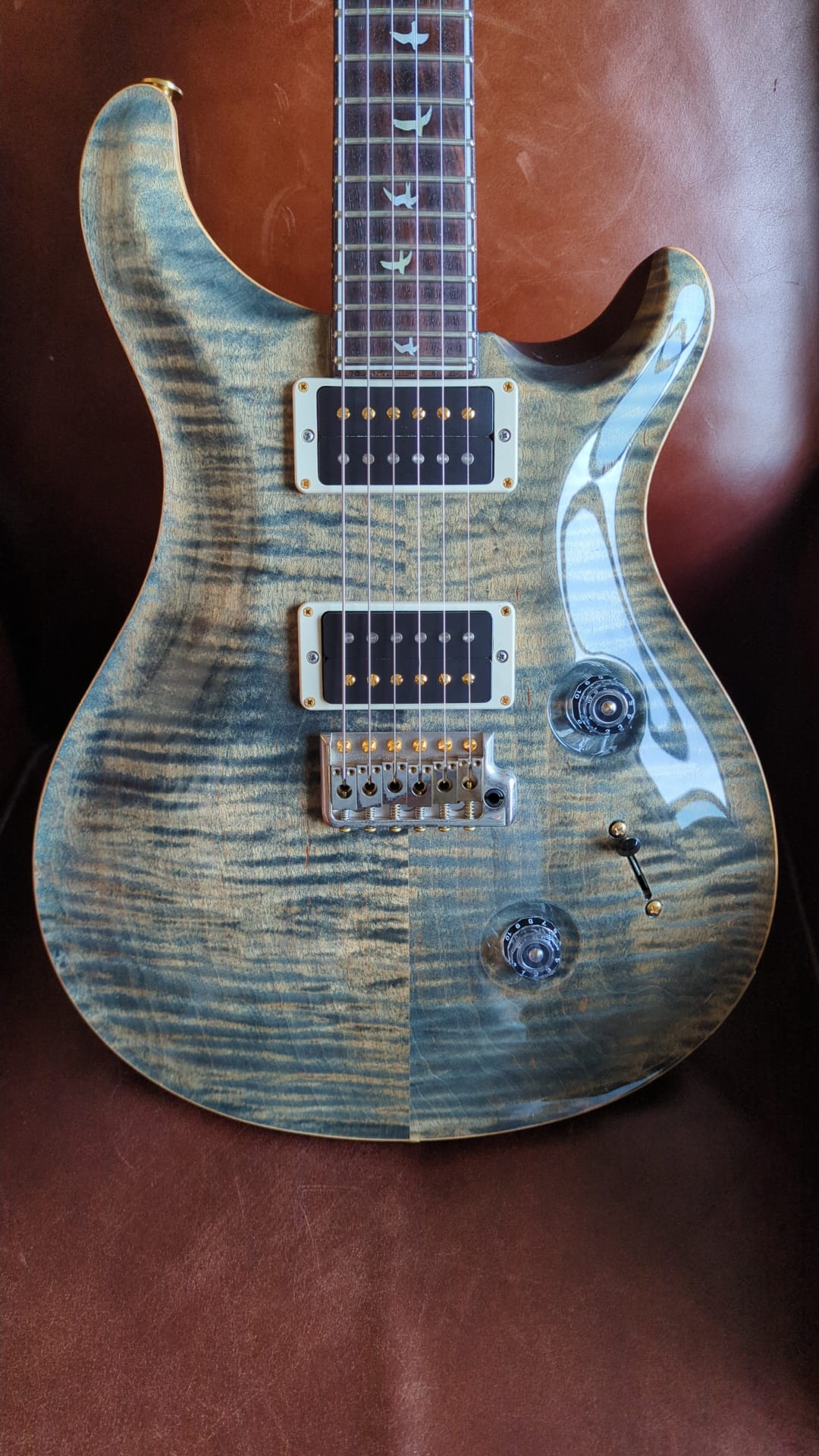
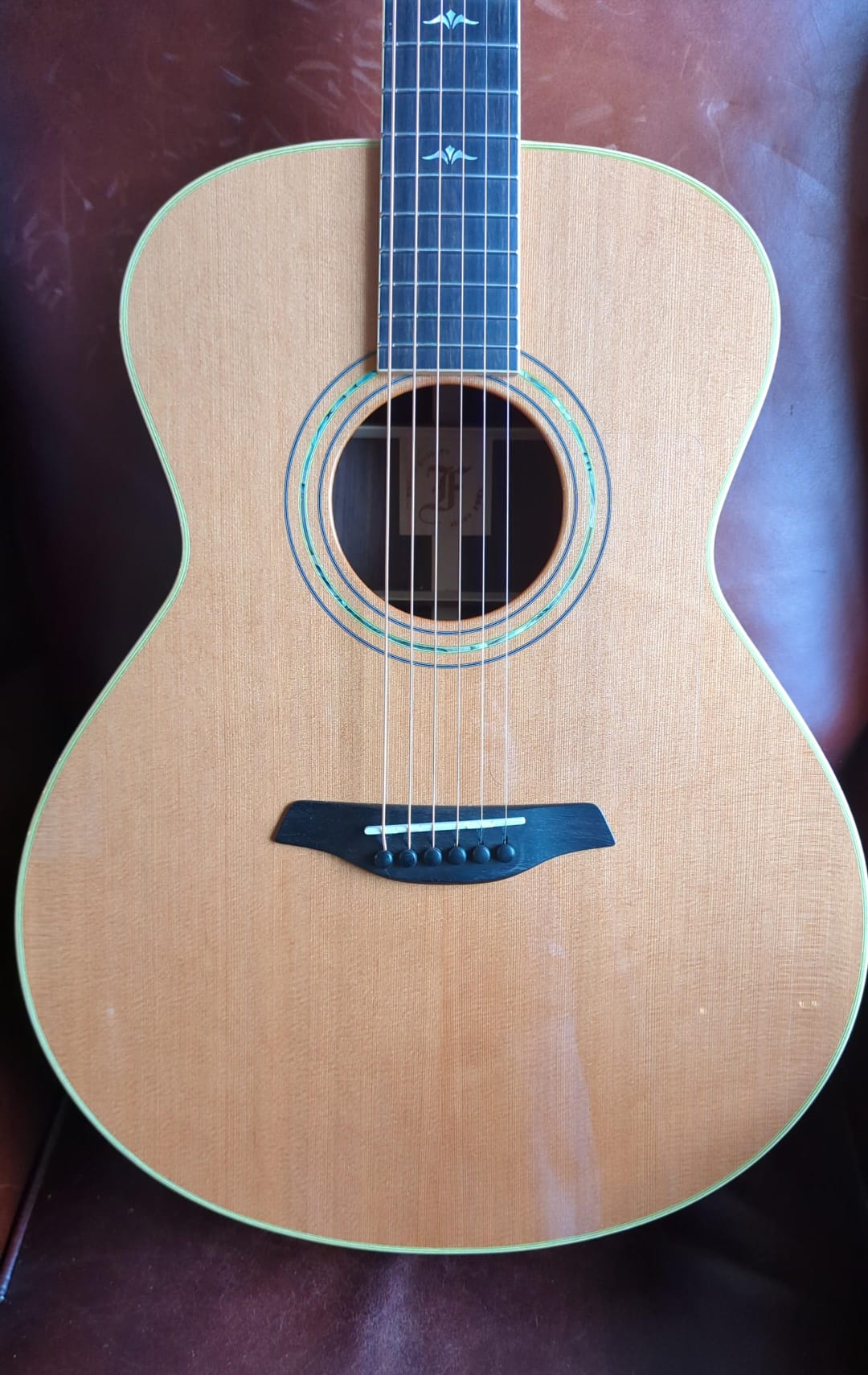
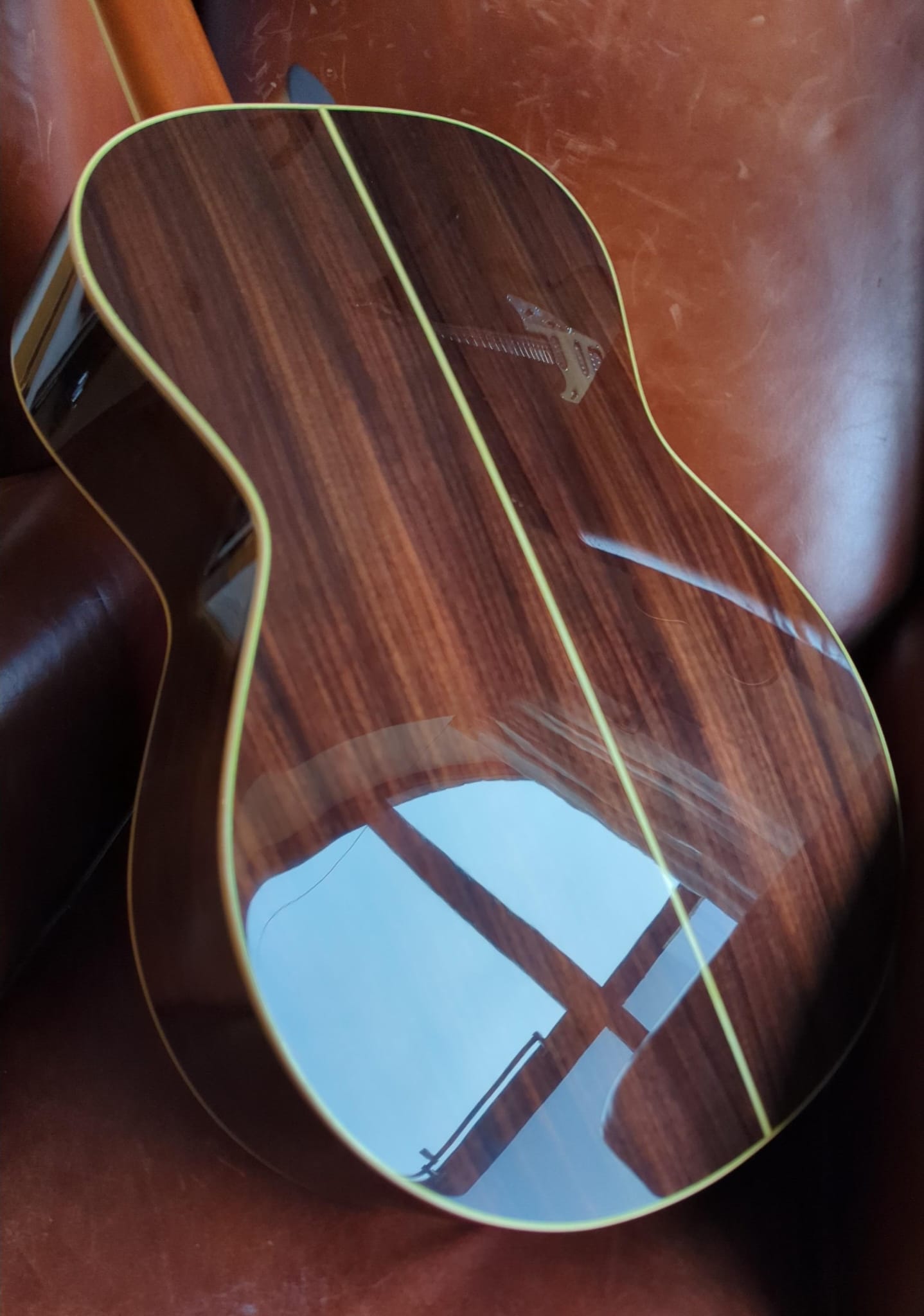
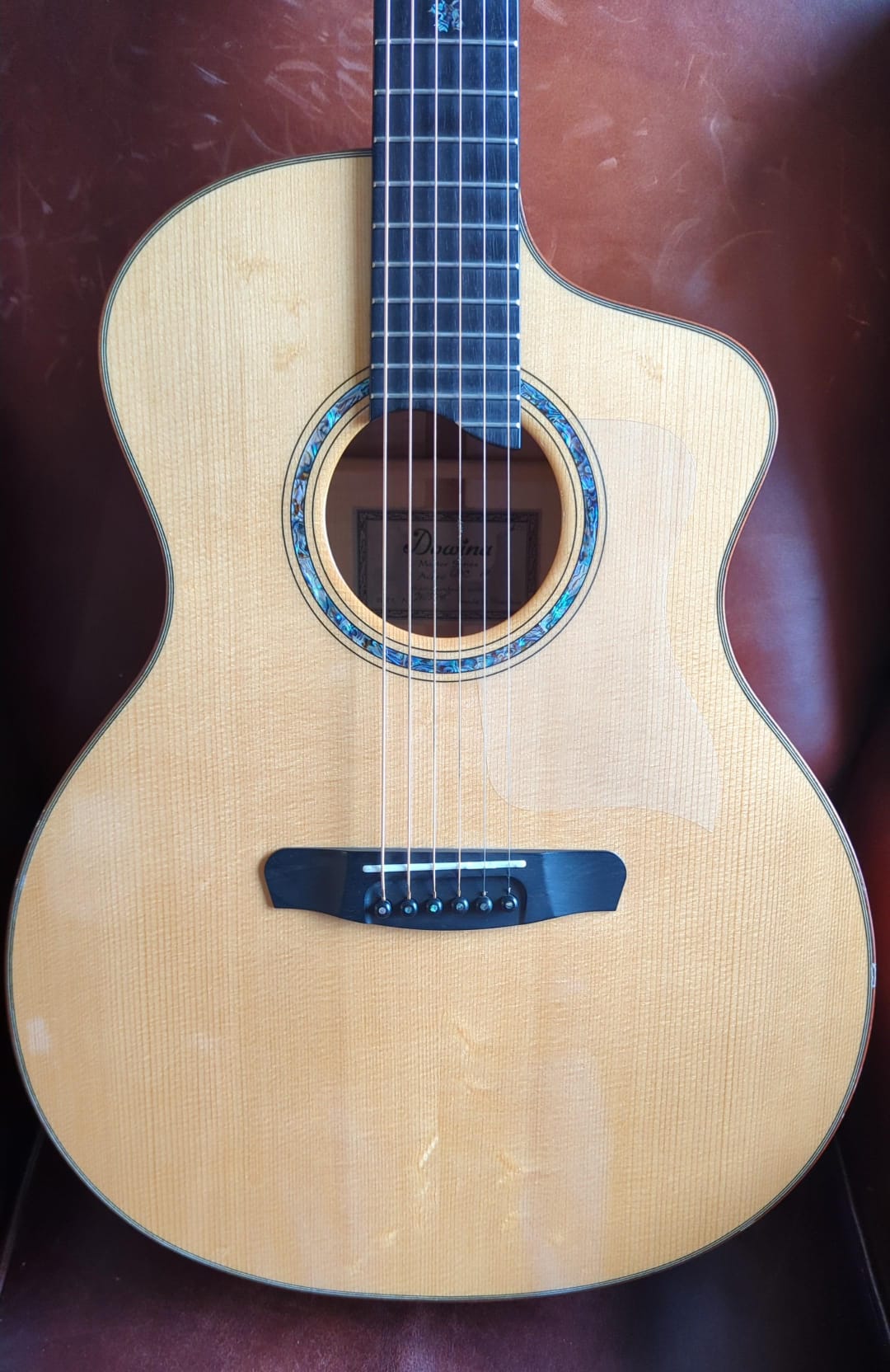
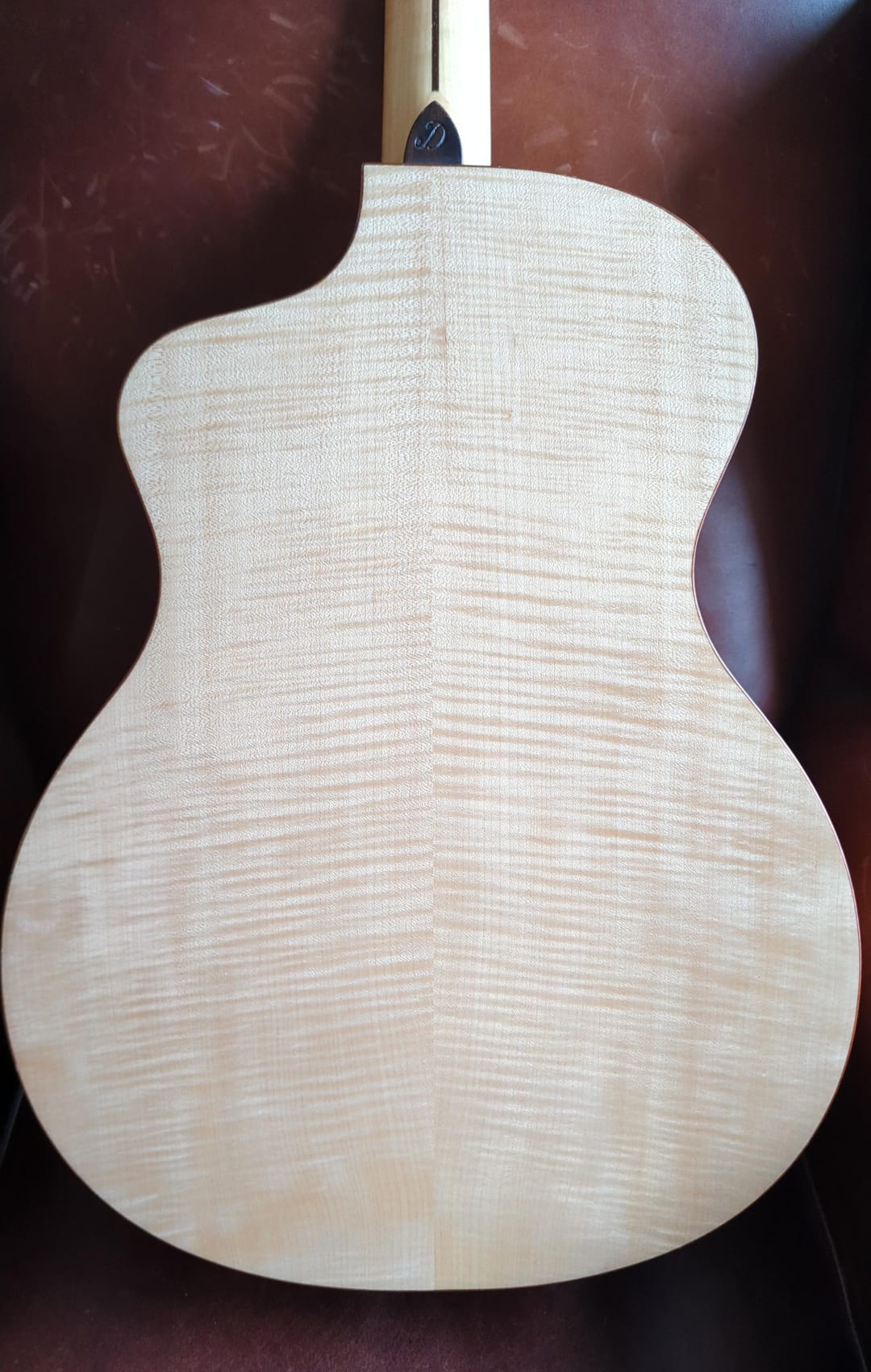
![Gordon Smith GS2 Deluxe Export 2019 [used] A1 Condition - Richards Guitars Of Stratford Upon Avon](http://rguitars.co.uk/cdn/shop/files/gordon-smith-gs2-deluxe-export-2019-used-a1-condition-4323398.jpg?v=1766153718&width=1072)
![Gordon Smith GS2 Deluxe Export 2019 [used] A1 Condition - Richards Guitars Of Stratford Upon Avon](http://rguitars.co.uk/cdn/shop/files/gordon-smith-gs2-deluxe-export-2019-used-a1-condition-9502671.jpg?v=1766153718&width=899)
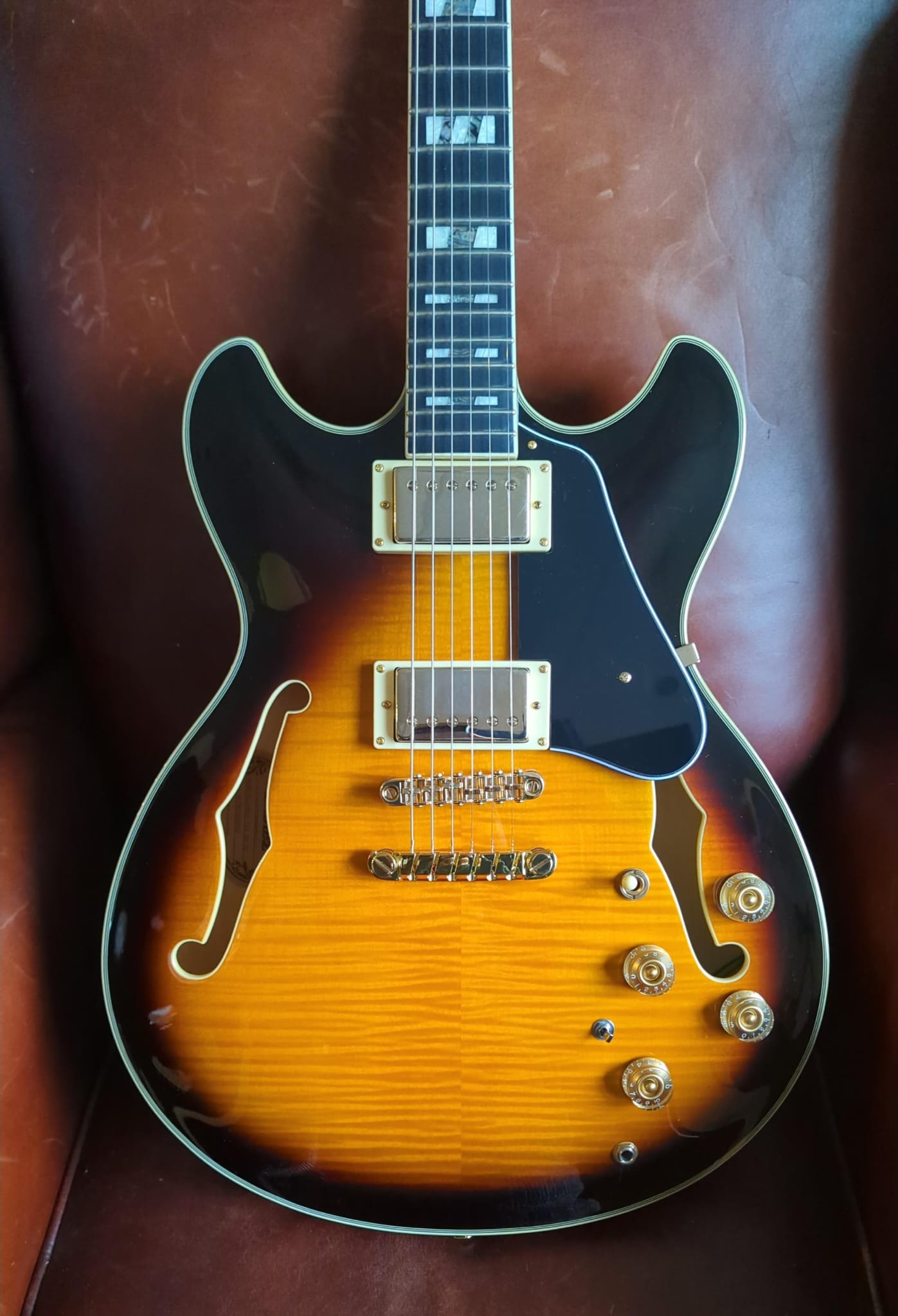
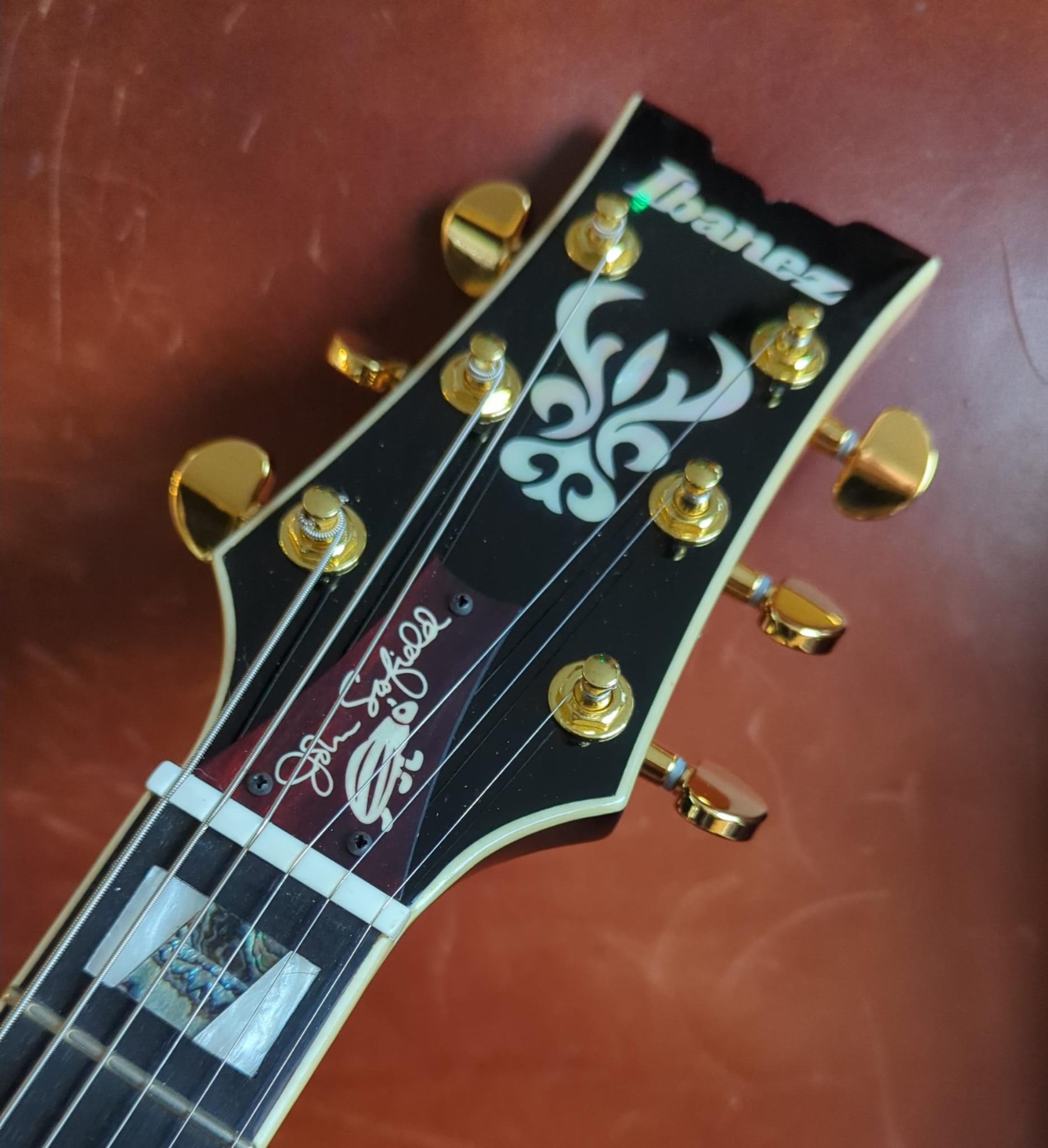
![G&L USA Made ASAT - late 80s/early 90s [Used] - Richards Guitars Of Stratford Upon Avon](http://rguitars.co.uk/cdn/shop/files/gl-usa-made-asat-late-80searly-90s-used-1091932.jpg?v=1761670676&width=1378)
![G&L USA Made ASAT - late 80s/early 90s [Used] - Richards Guitars Of Stratford Upon Avon](http://rguitars.co.uk/cdn/shop/files/gl-usa-made-asat-late-80searly-90s-used-7964817.jpg?v=1761670677&width=1828)
![Eastman AC630 - SB [Used] - Richards Guitars Of Stratford Upon Avon](http://rguitars.co.uk/cdn/shop/files/eastman-ac630-sb-used-5743157.jpg?v=1760421581&width=1080)
![Eastman AC630 - SB [Used] - Richards Guitars Of Stratford Upon Avon](http://rguitars.co.uk/cdn/shop/files/eastman-ac630-sb-used-2967411.jpg?v=1760421593&width=1569)
![Fender American Professional II Jazzmaster - Dark Night [Used] guitar for sale uk](http://rguitars.co.uk/cdn/shop/files/fender-american-professional-ii-jazzmaster-dark-night-used-6840250.jpg?v=1760421430&width=1602)
![Fender American Professional II Jazzmaster - Dark Night [Used] guitar for sale uk](http://rguitars.co.uk/cdn/shop/files/fender-american-professional-ii-jazzmaster-dark-night-used-4375294.jpg?v=1760421432&width=1476)
![Guild Brian May "Red Special" Limited Edition - early 90s - One of 1000 [Used] guitar for sale uk](http://rguitars.co.uk/cdn/shop/files/guild-brian-may-red-special-limited-edition-early-90s-one-of-1000-used-6139630.jpg?v=1760421357&width=1492)
![Guild Brian May "Red Special" Limited Edition - early 90s - One of 1000 [Used] guitar for sale uk](http://rguitars.co.uk/cdn/shop/files/guild-brian-may-red-special-limited-edition-early-90s-one-of-1000-used-9797150.jpg?v=1760421365&width=1644)
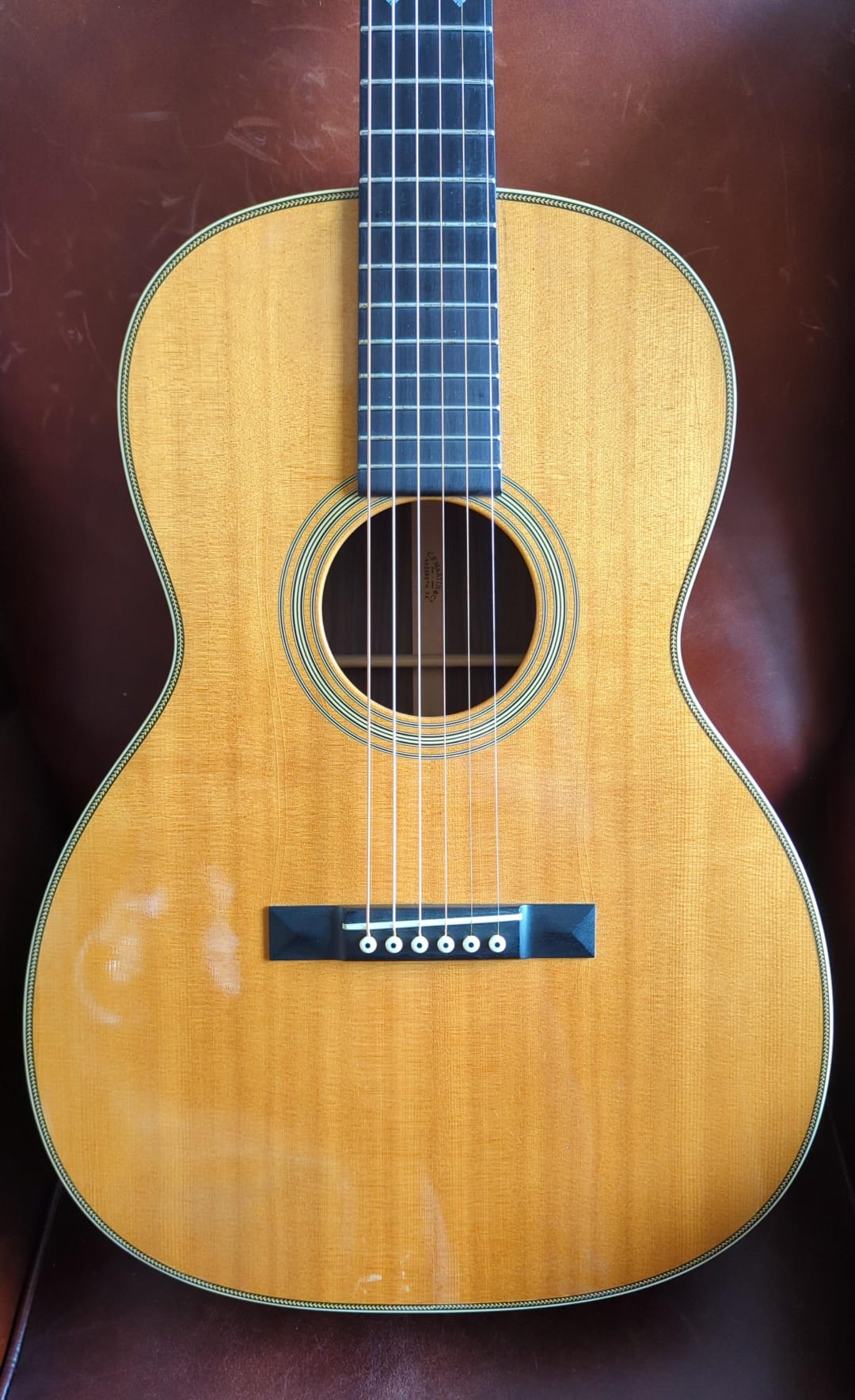
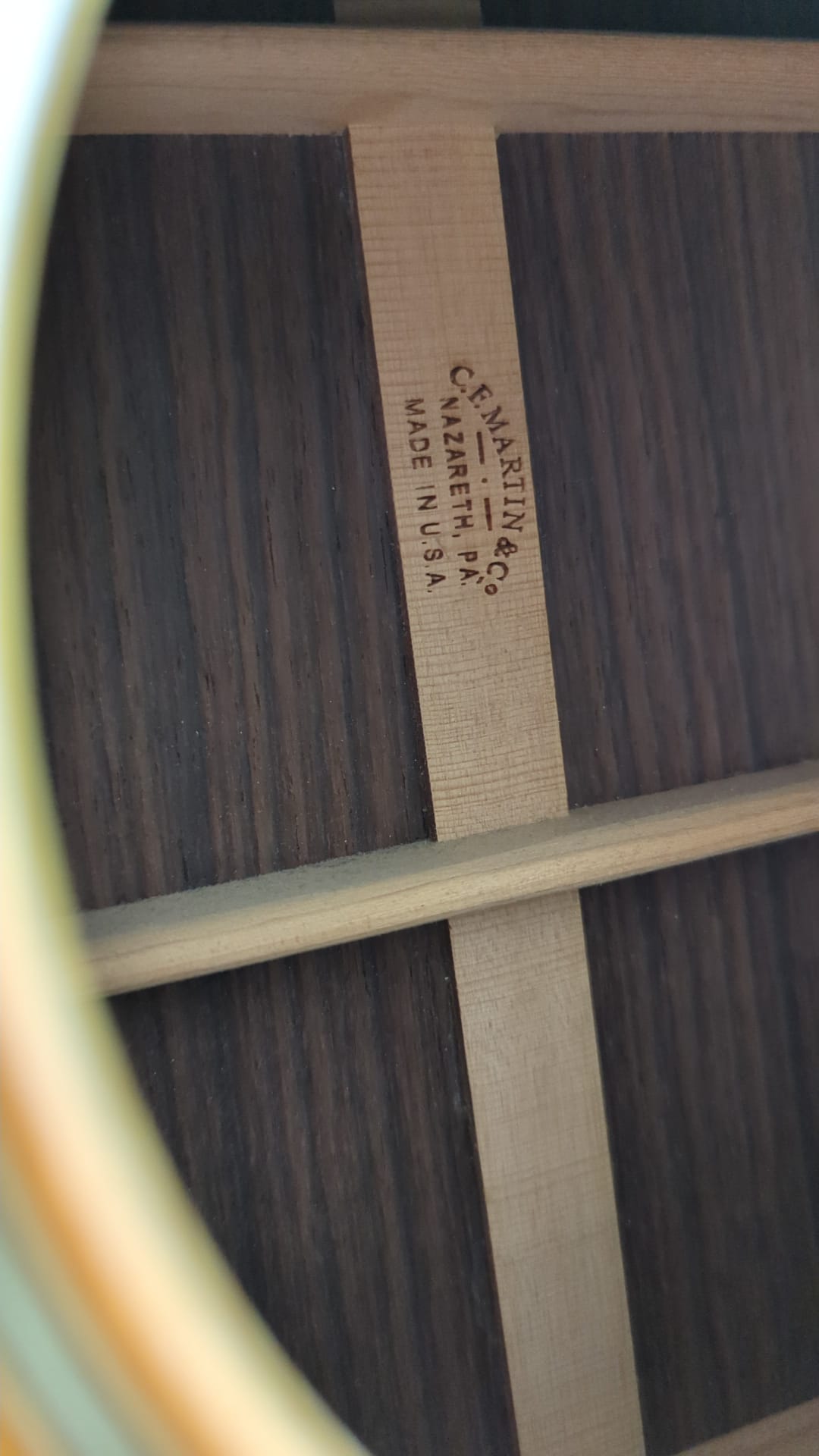
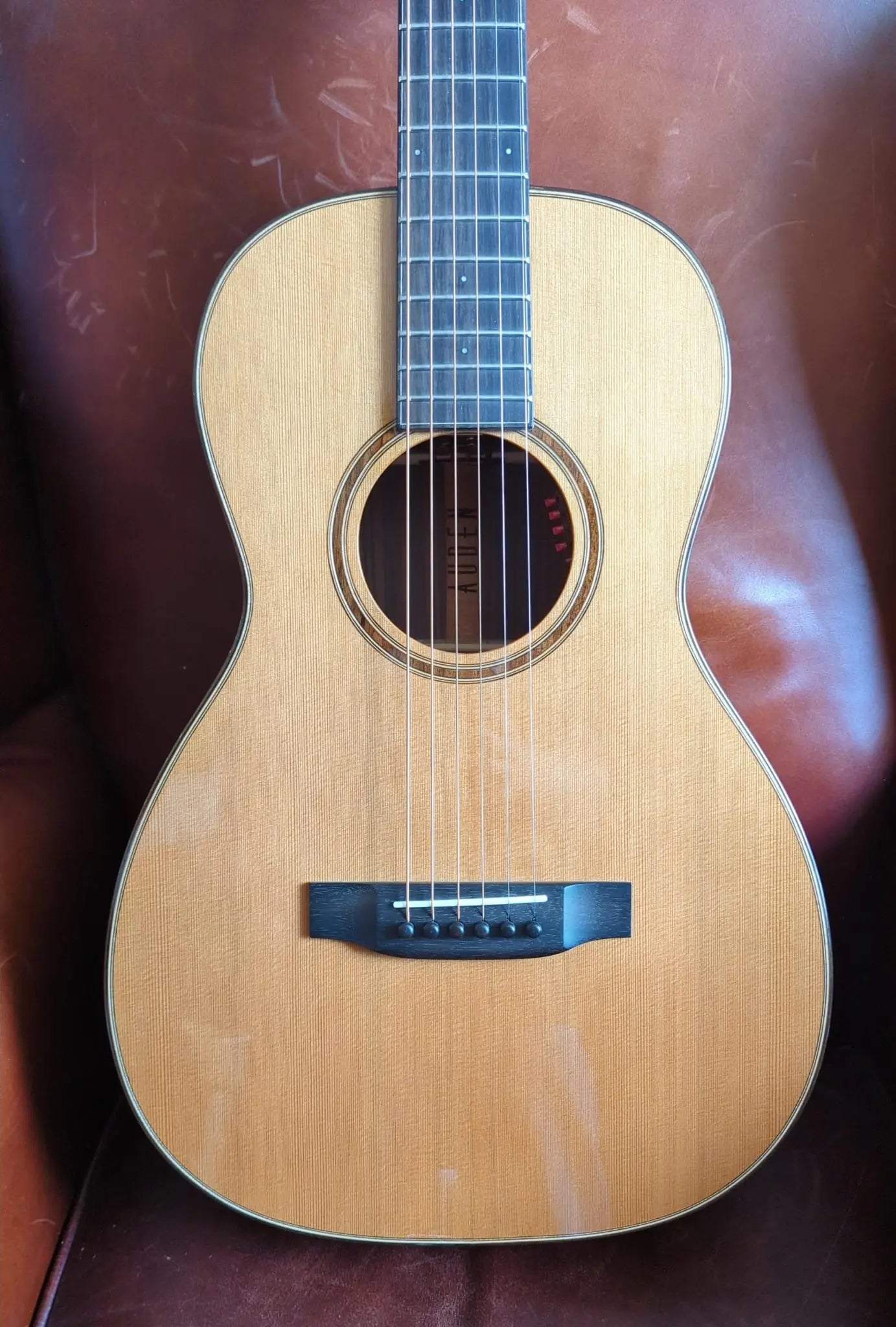
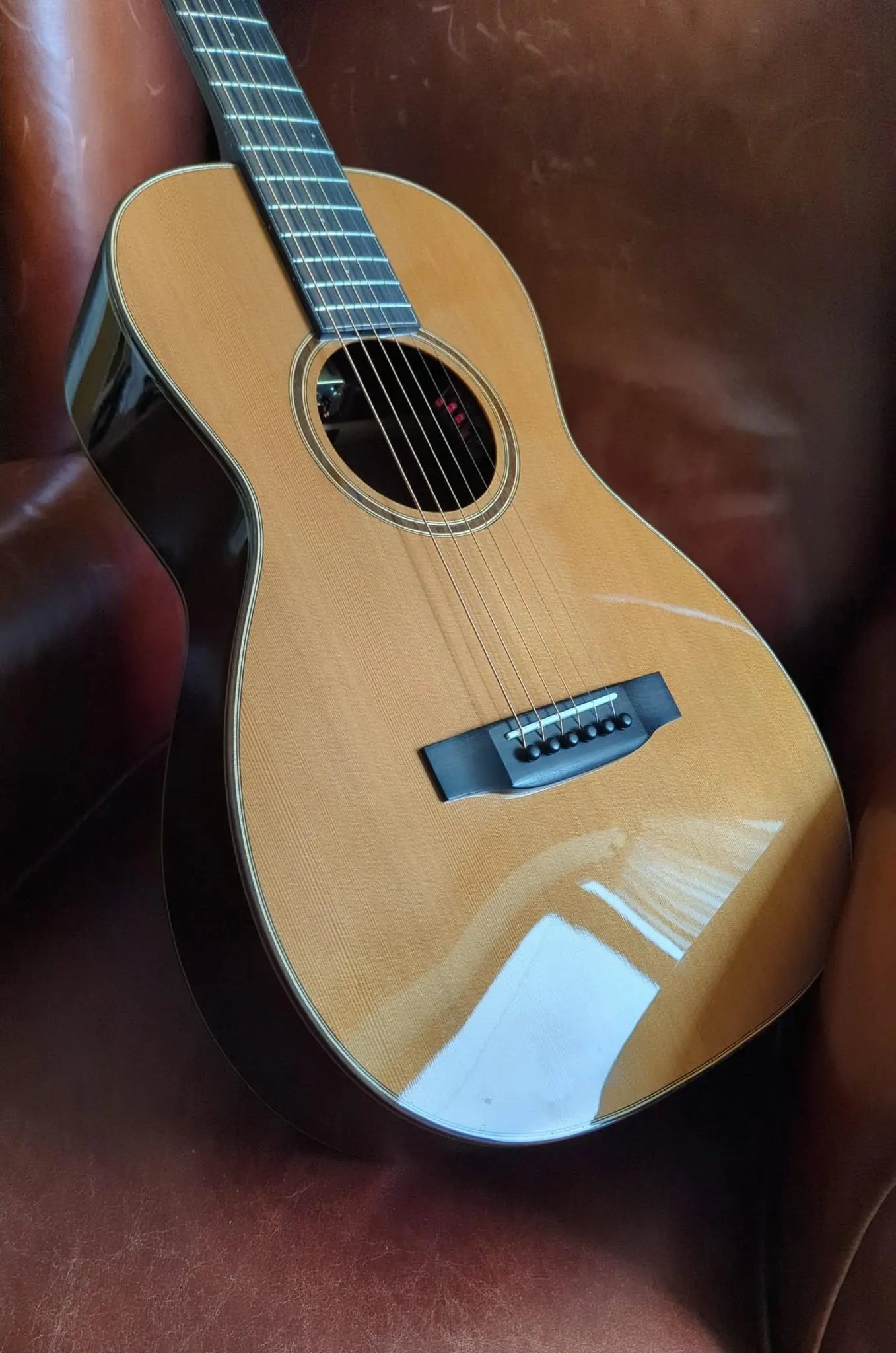
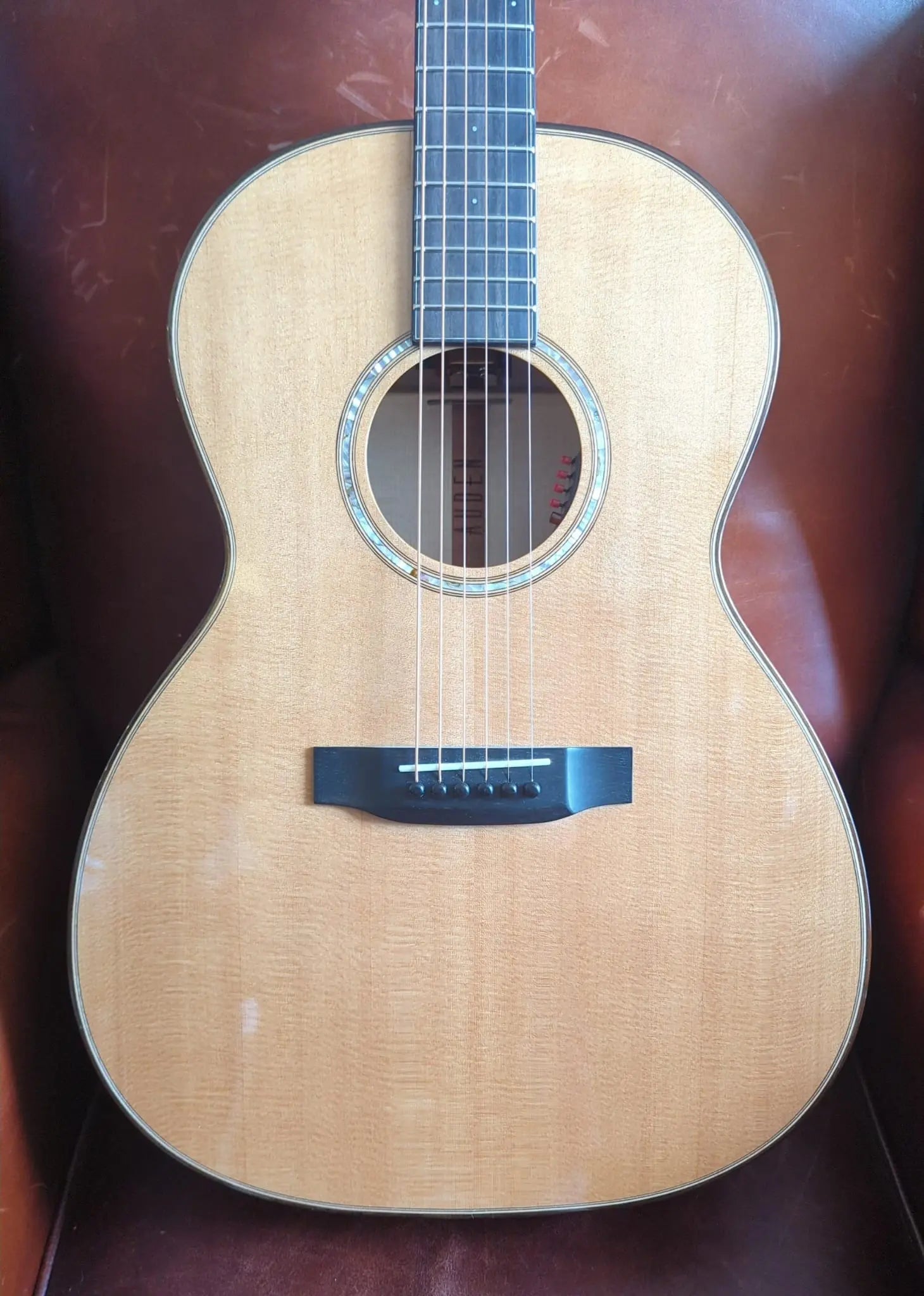
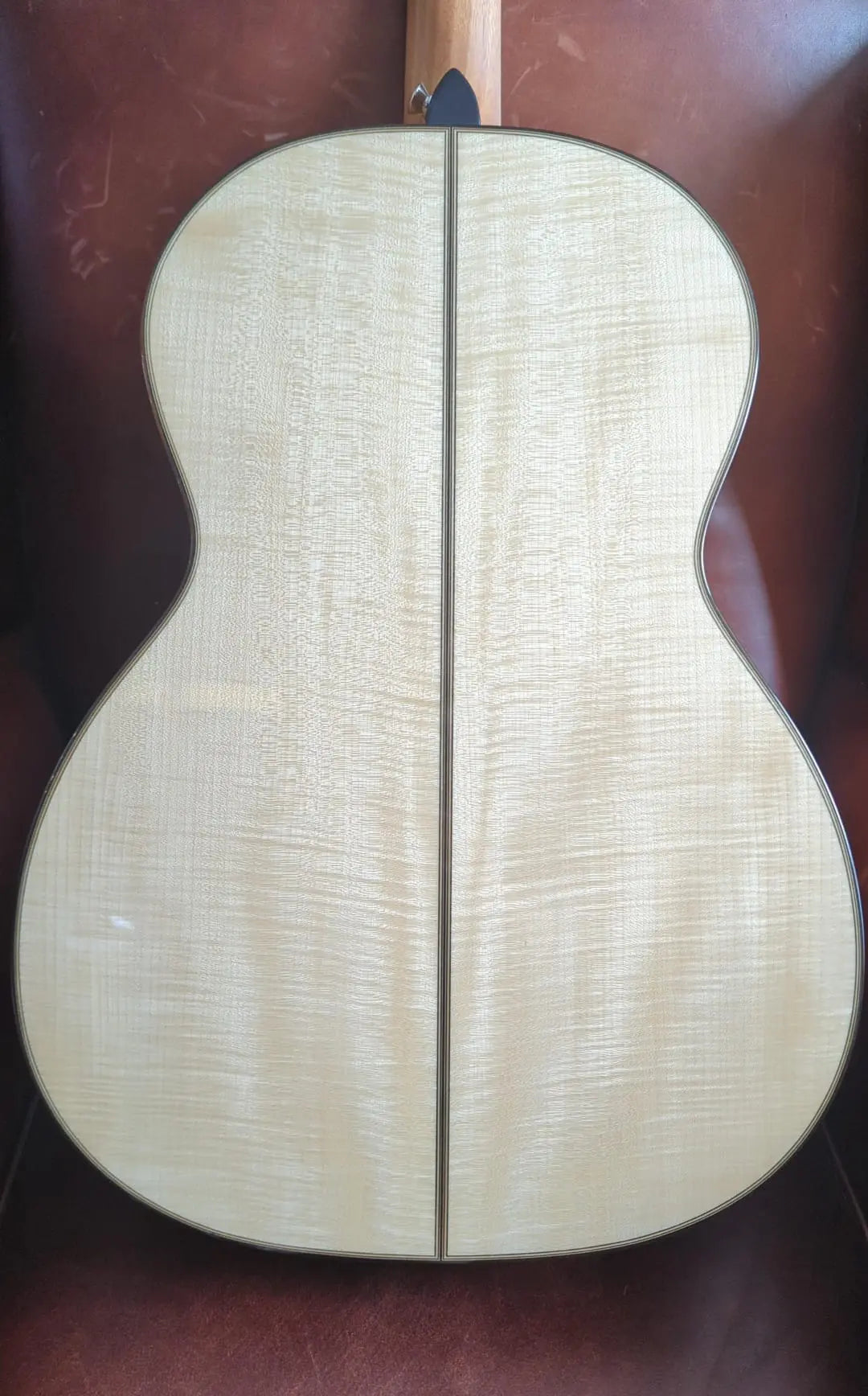
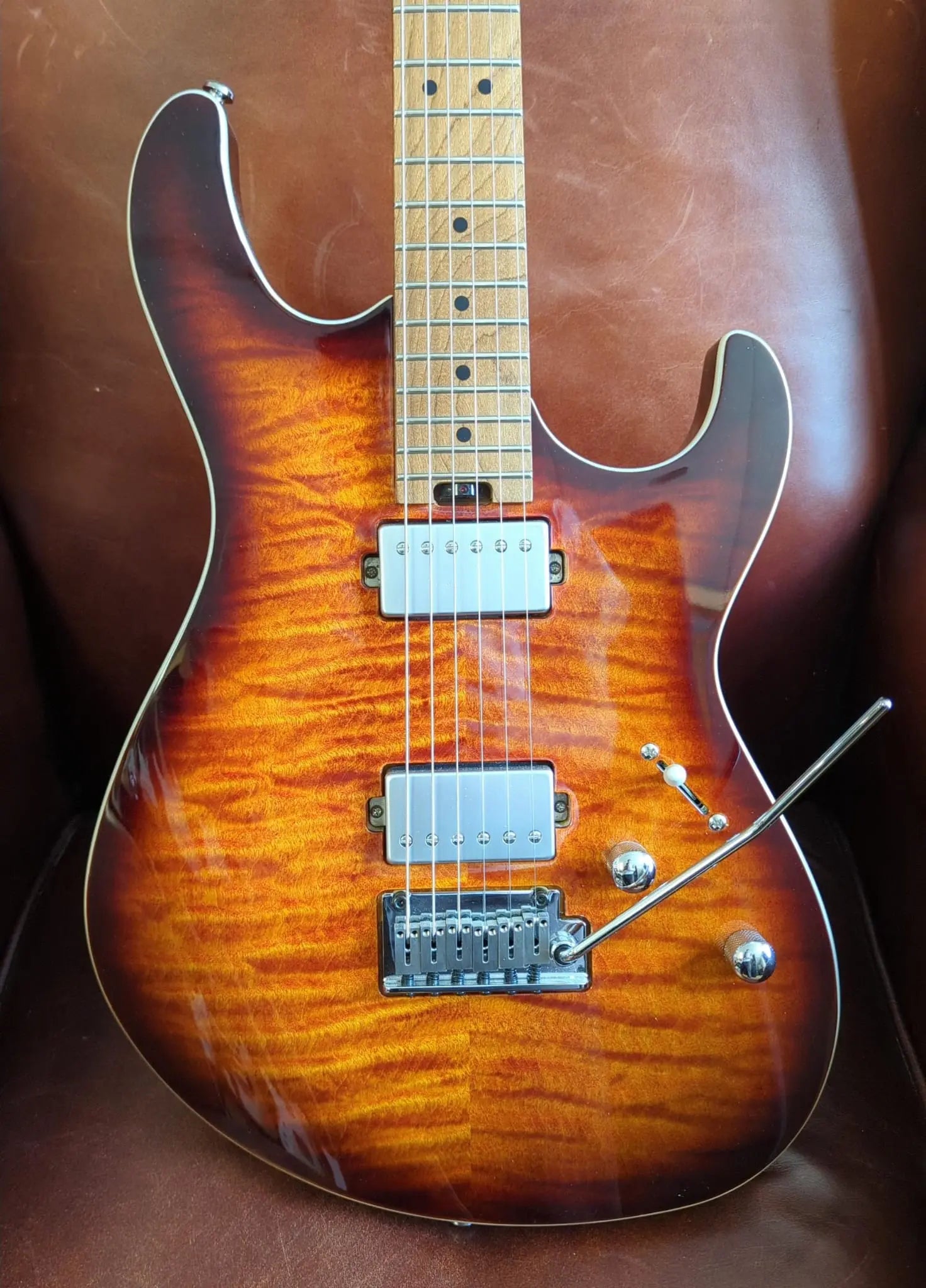
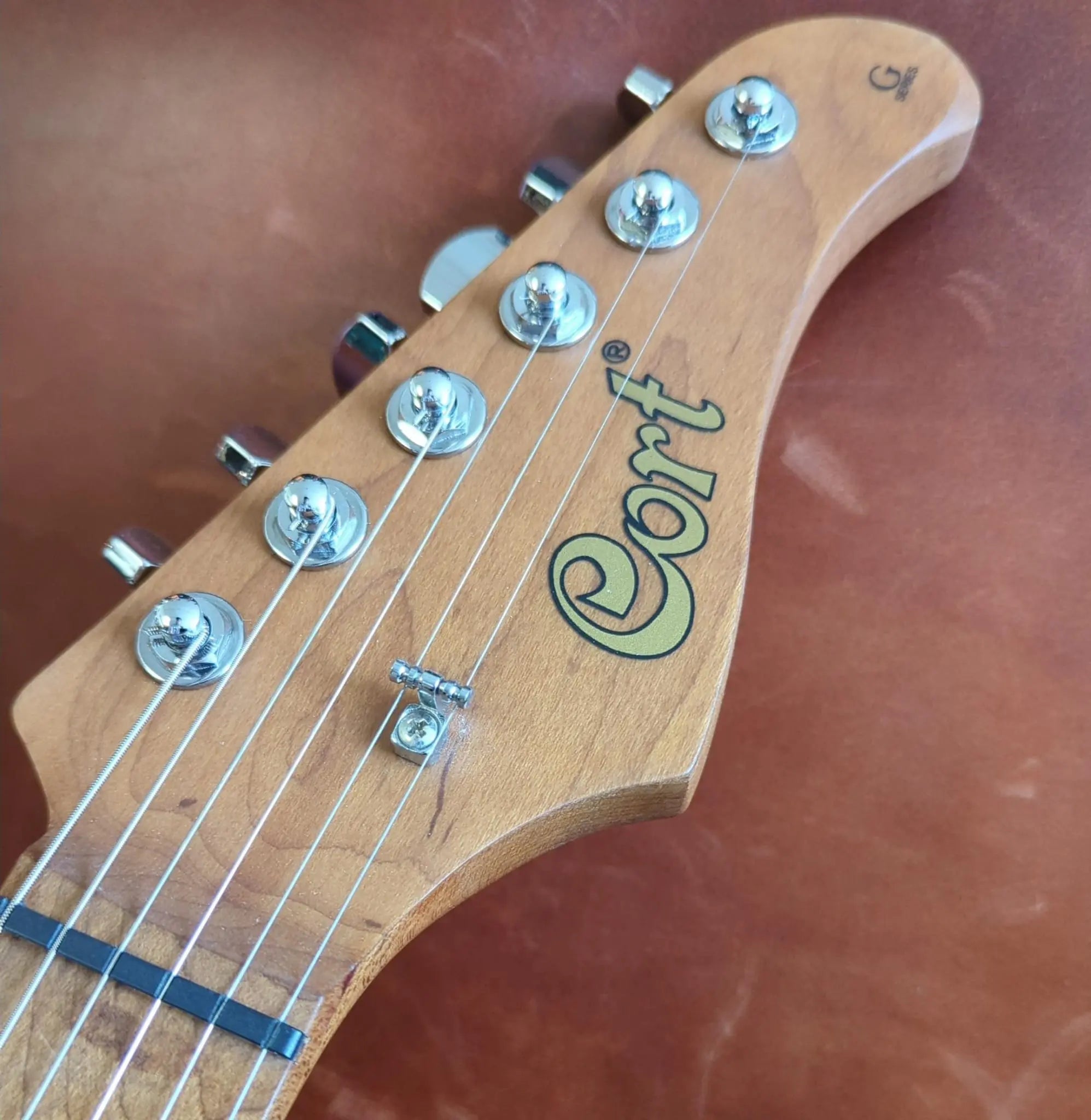
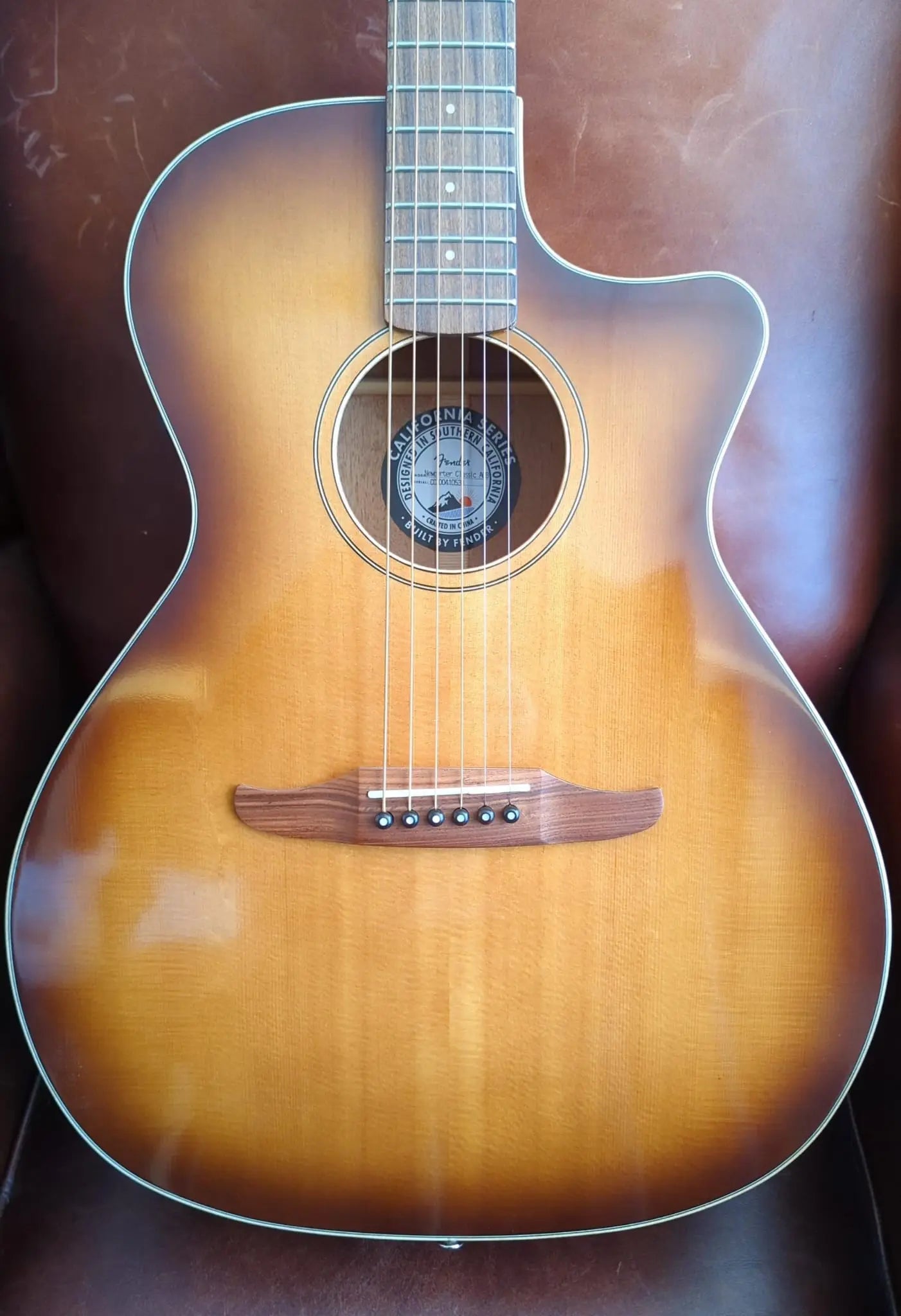
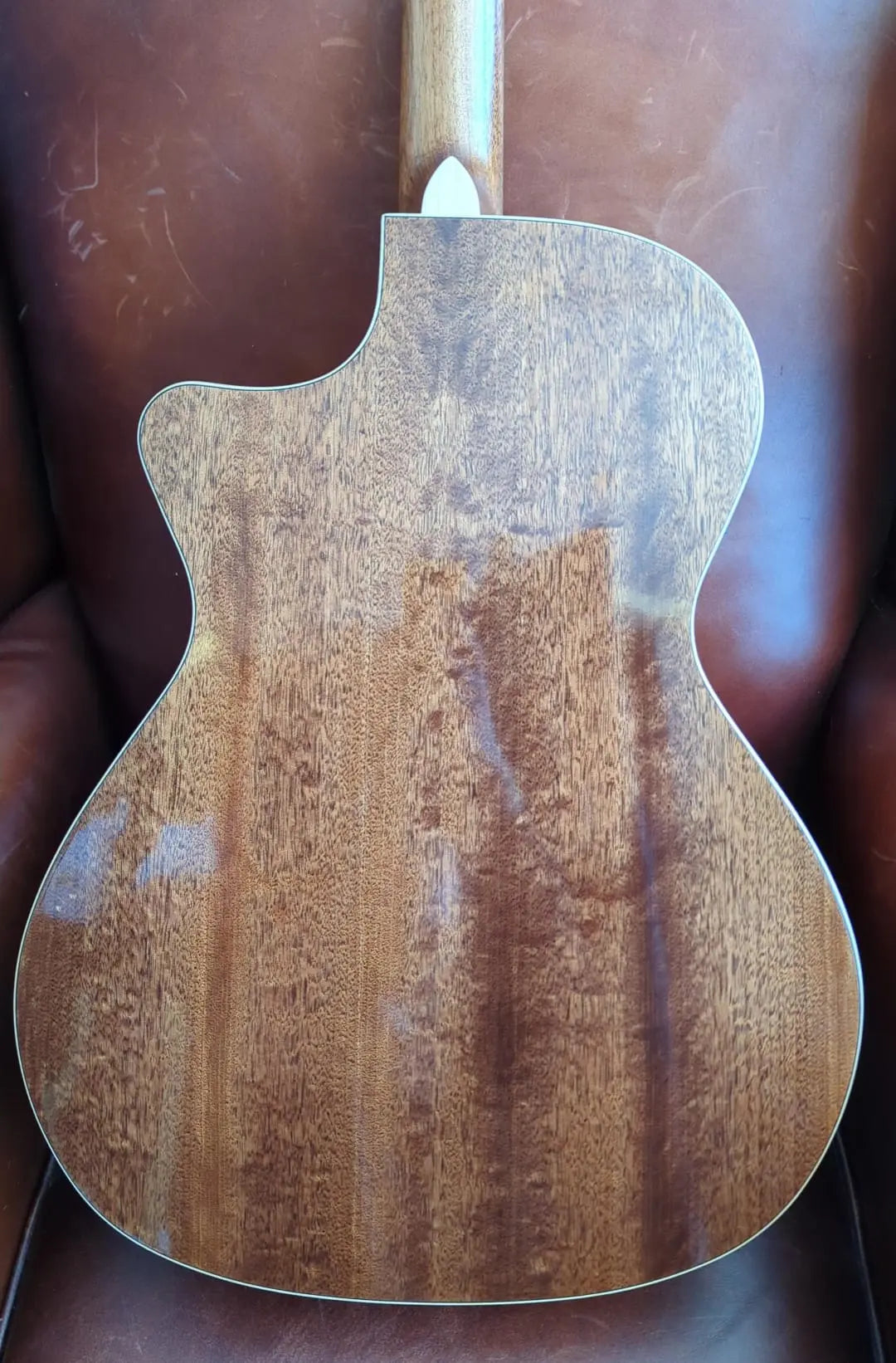
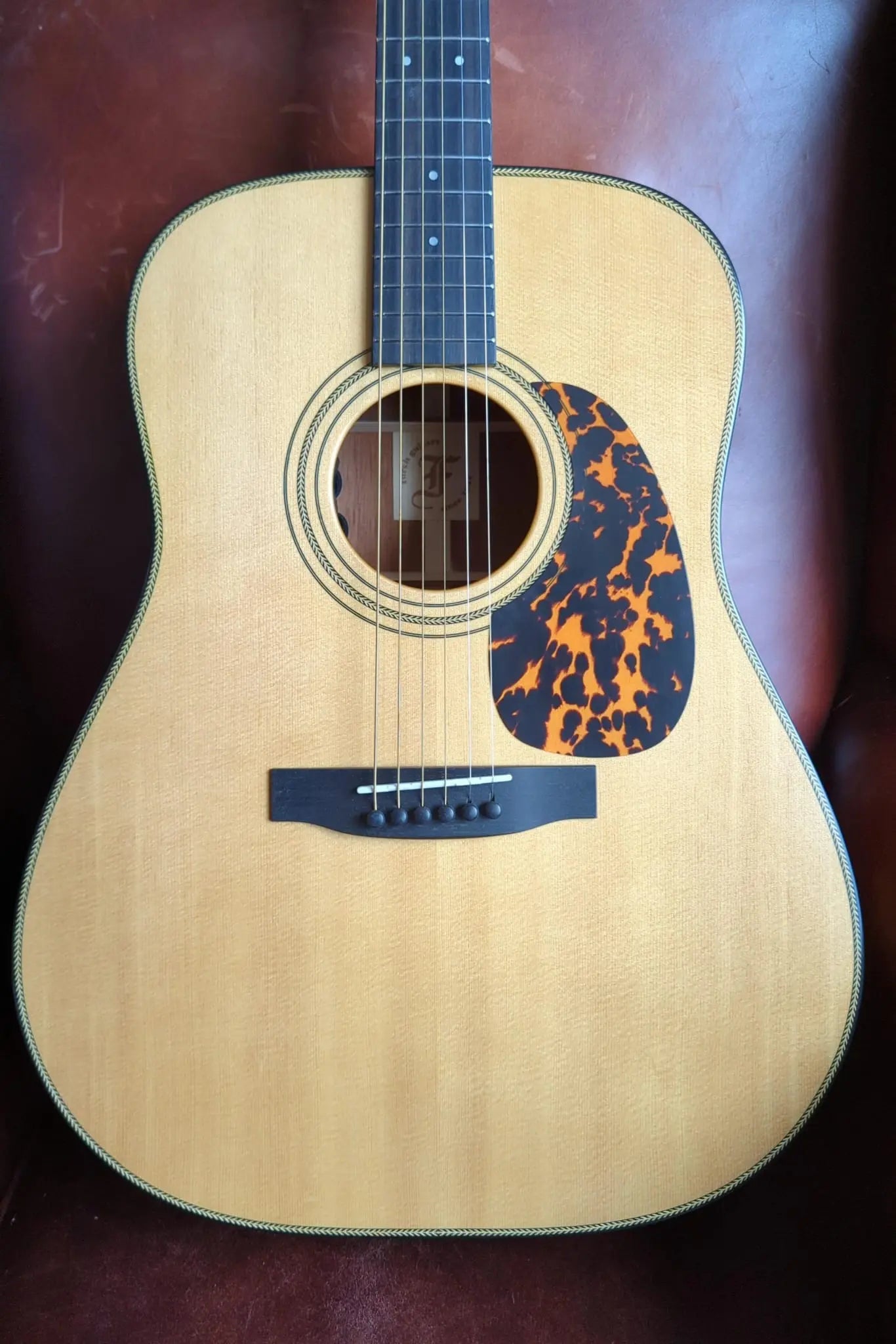
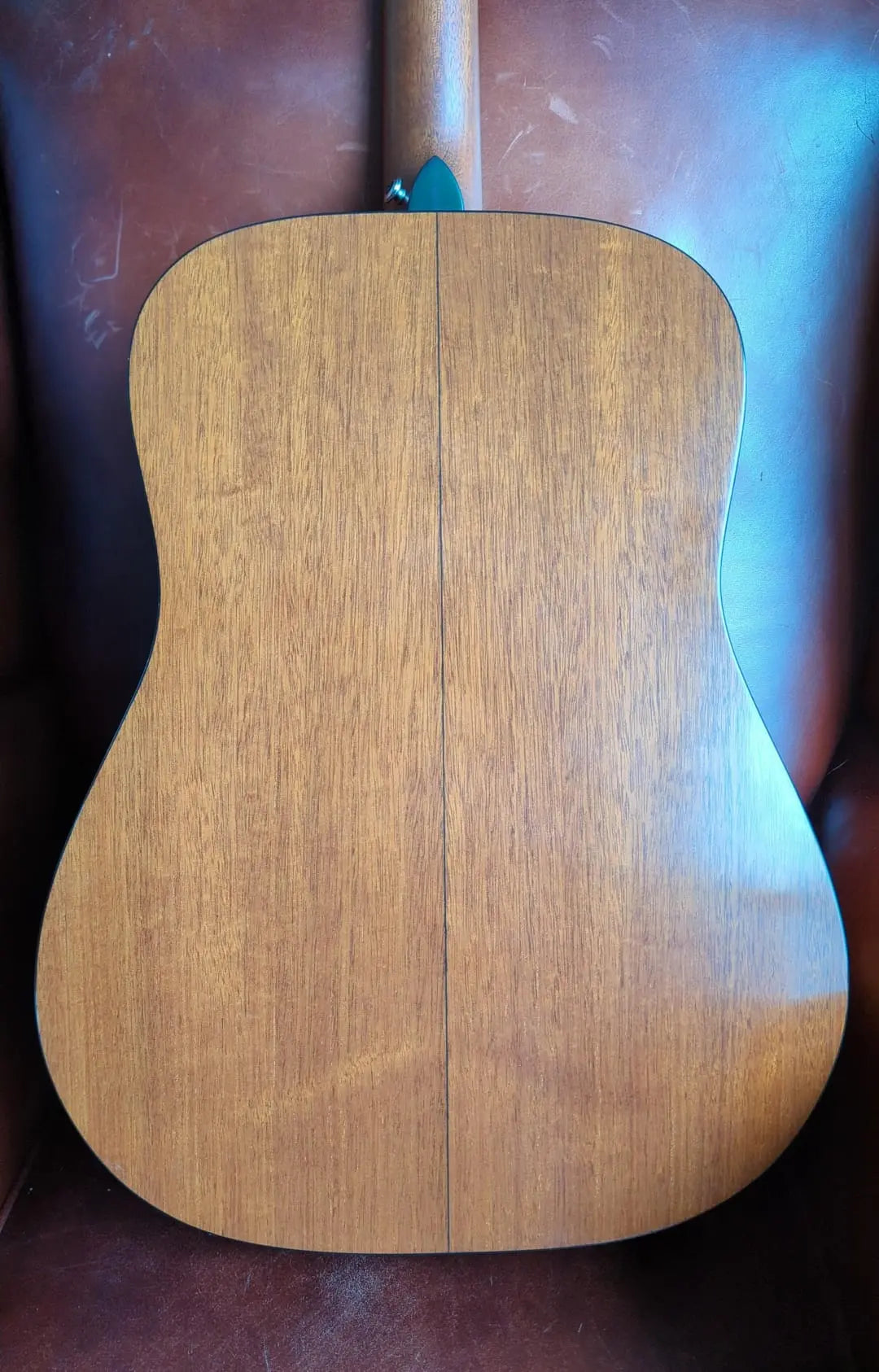
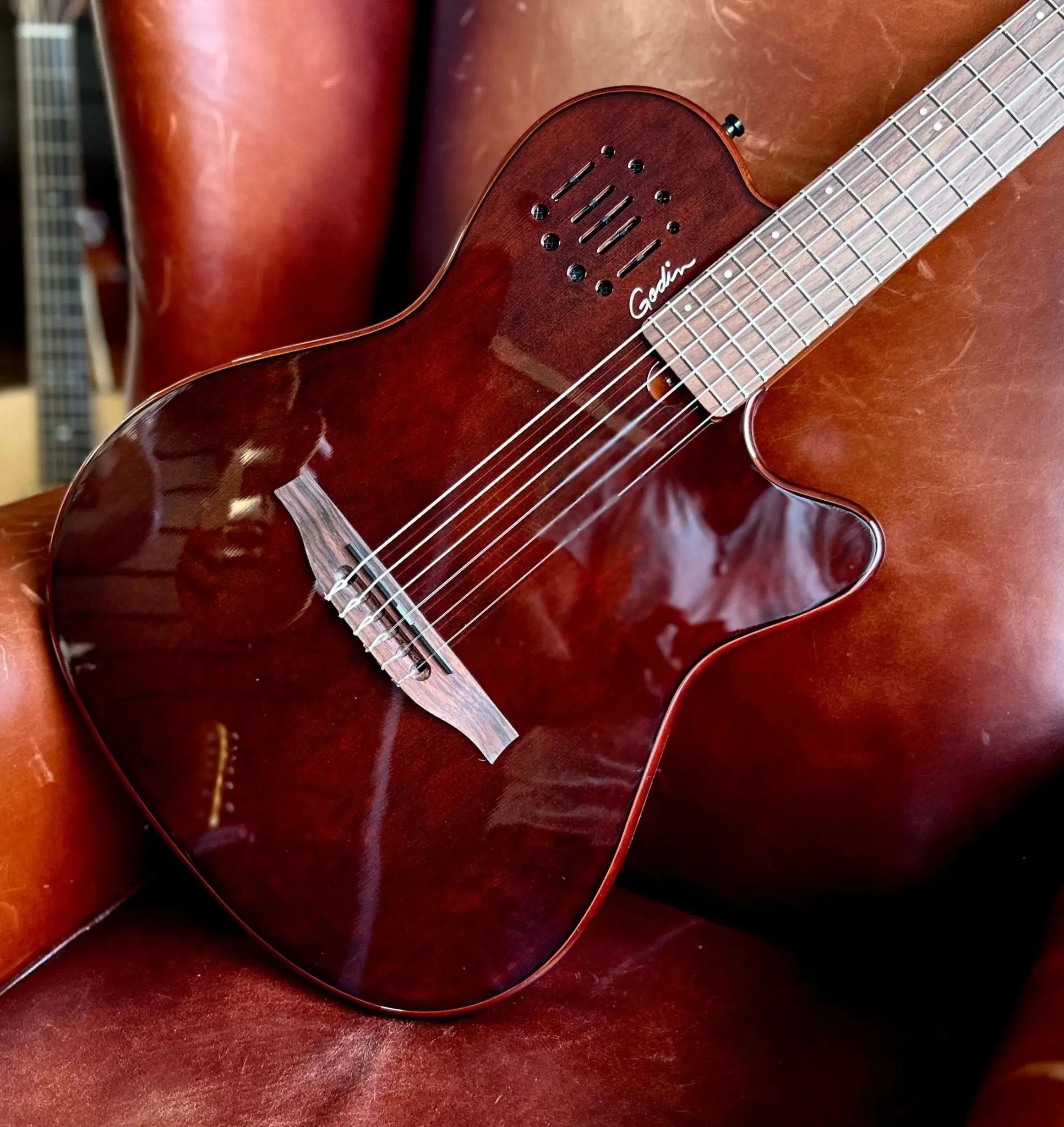
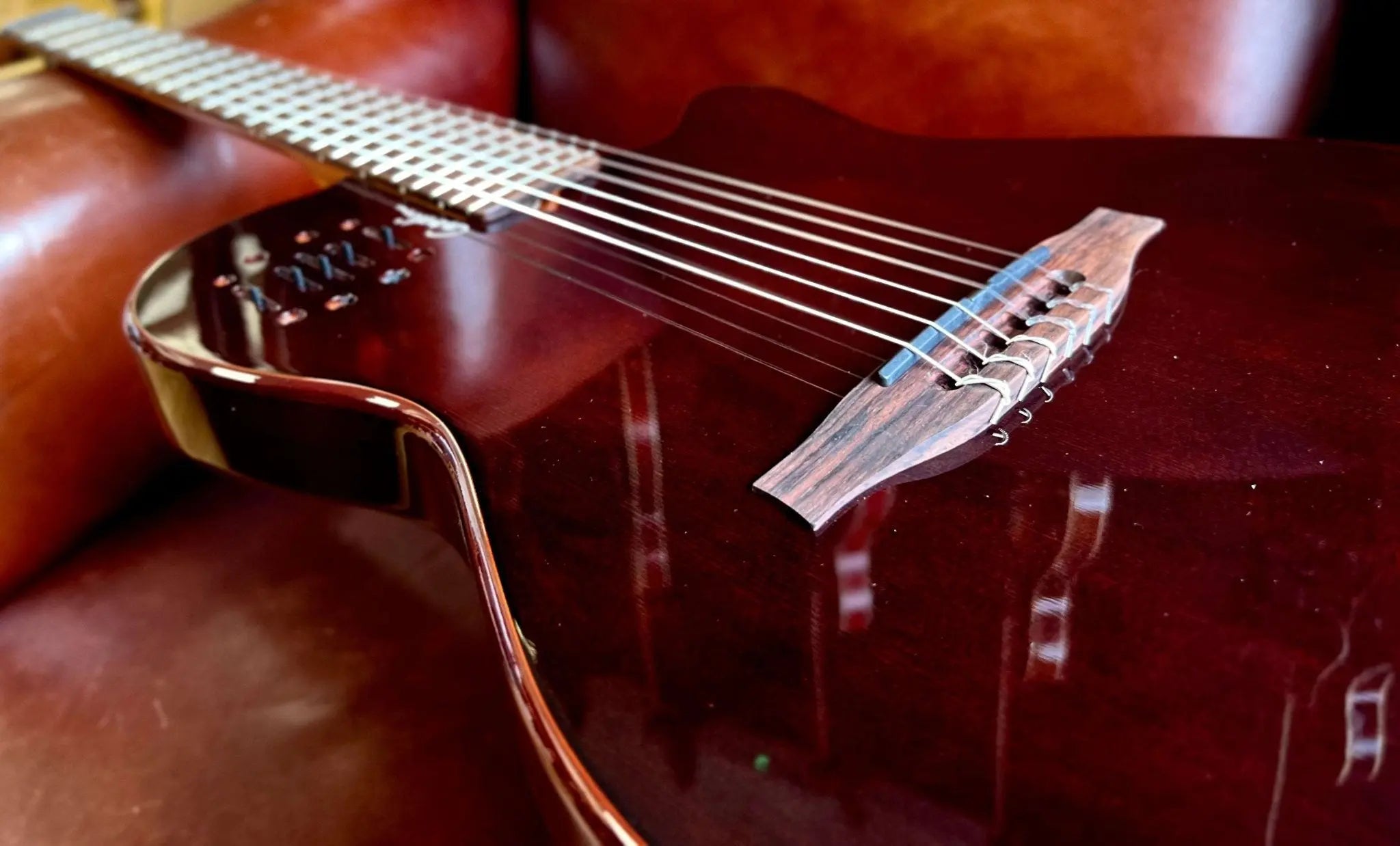
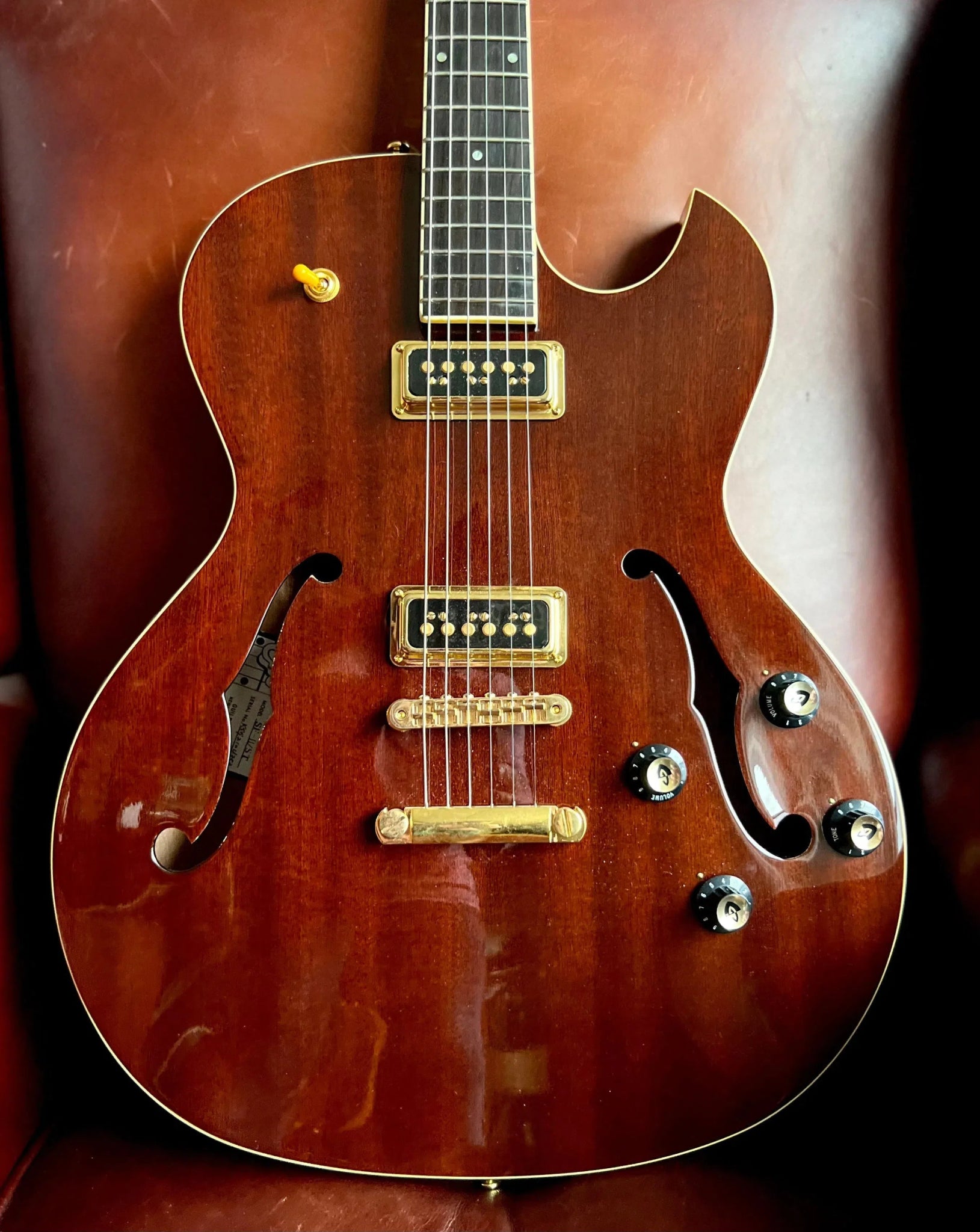
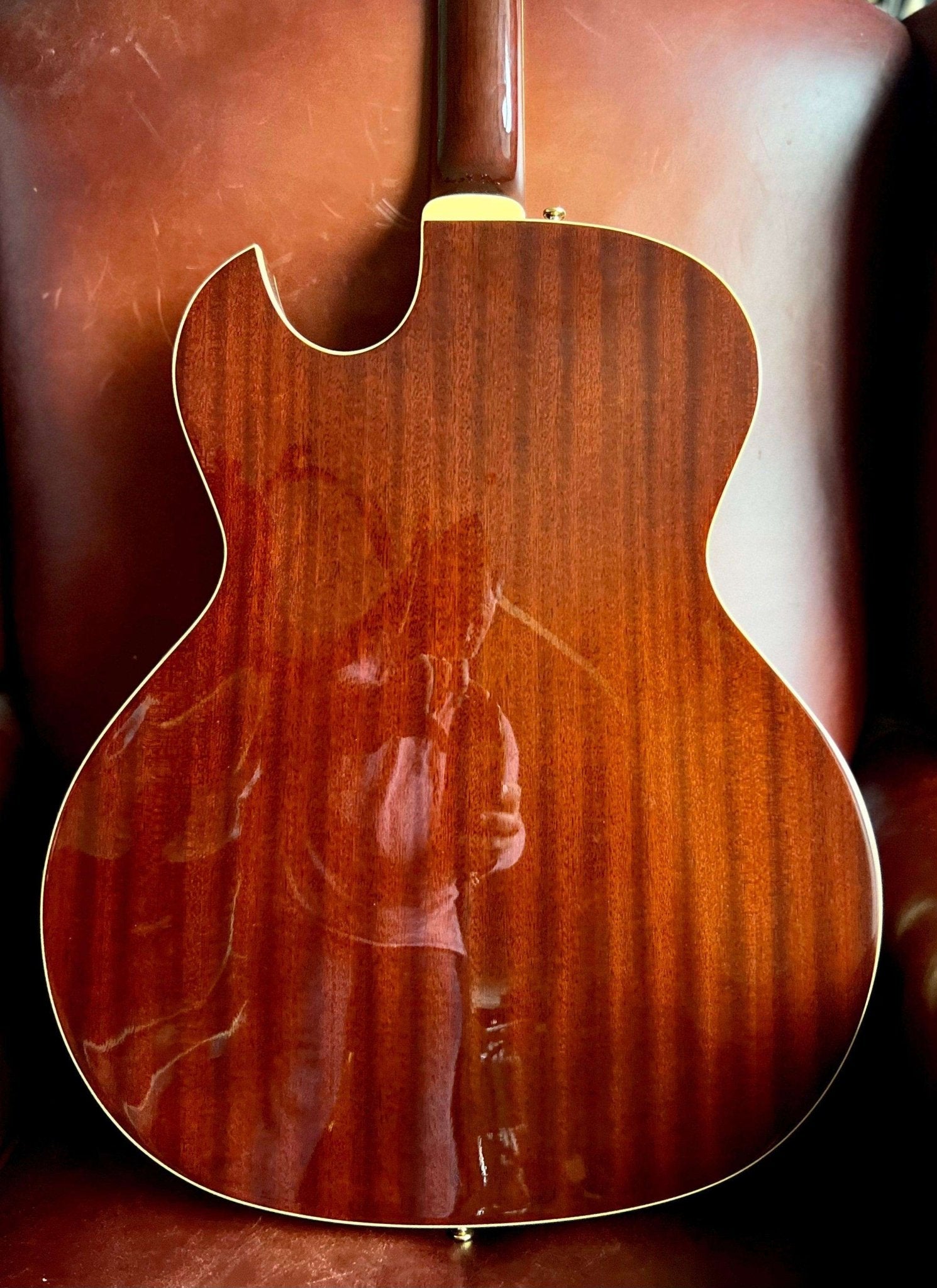
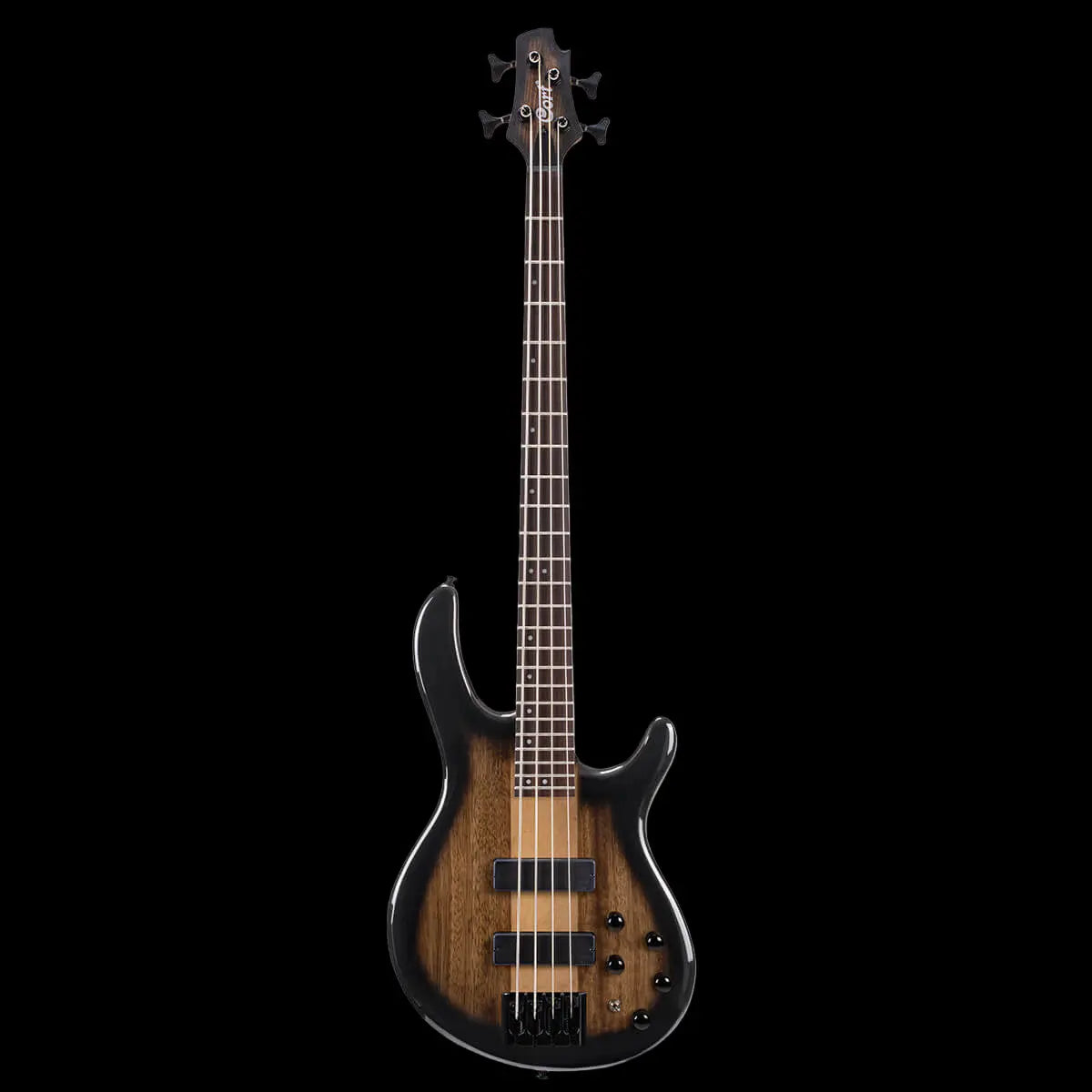


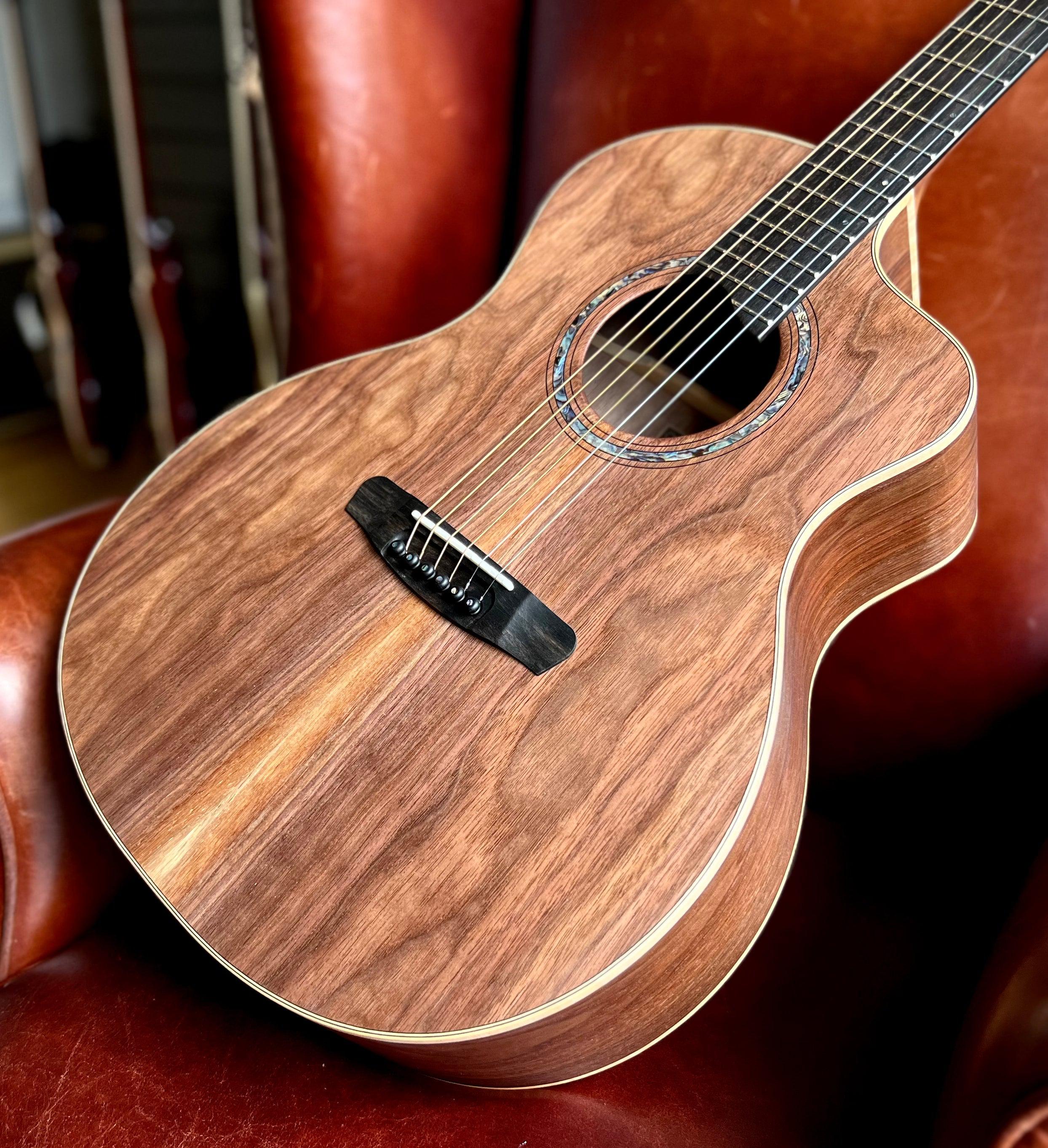
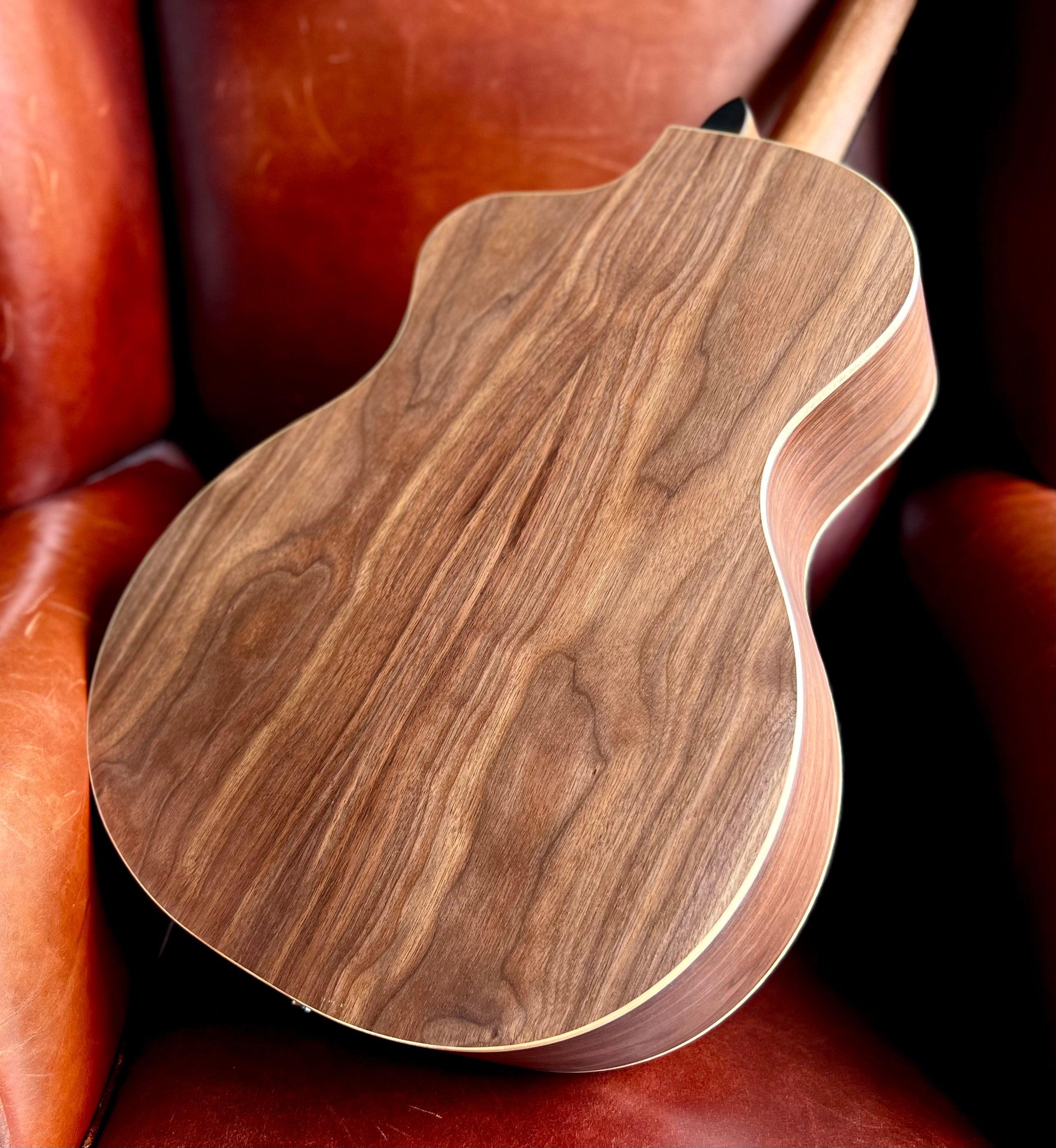
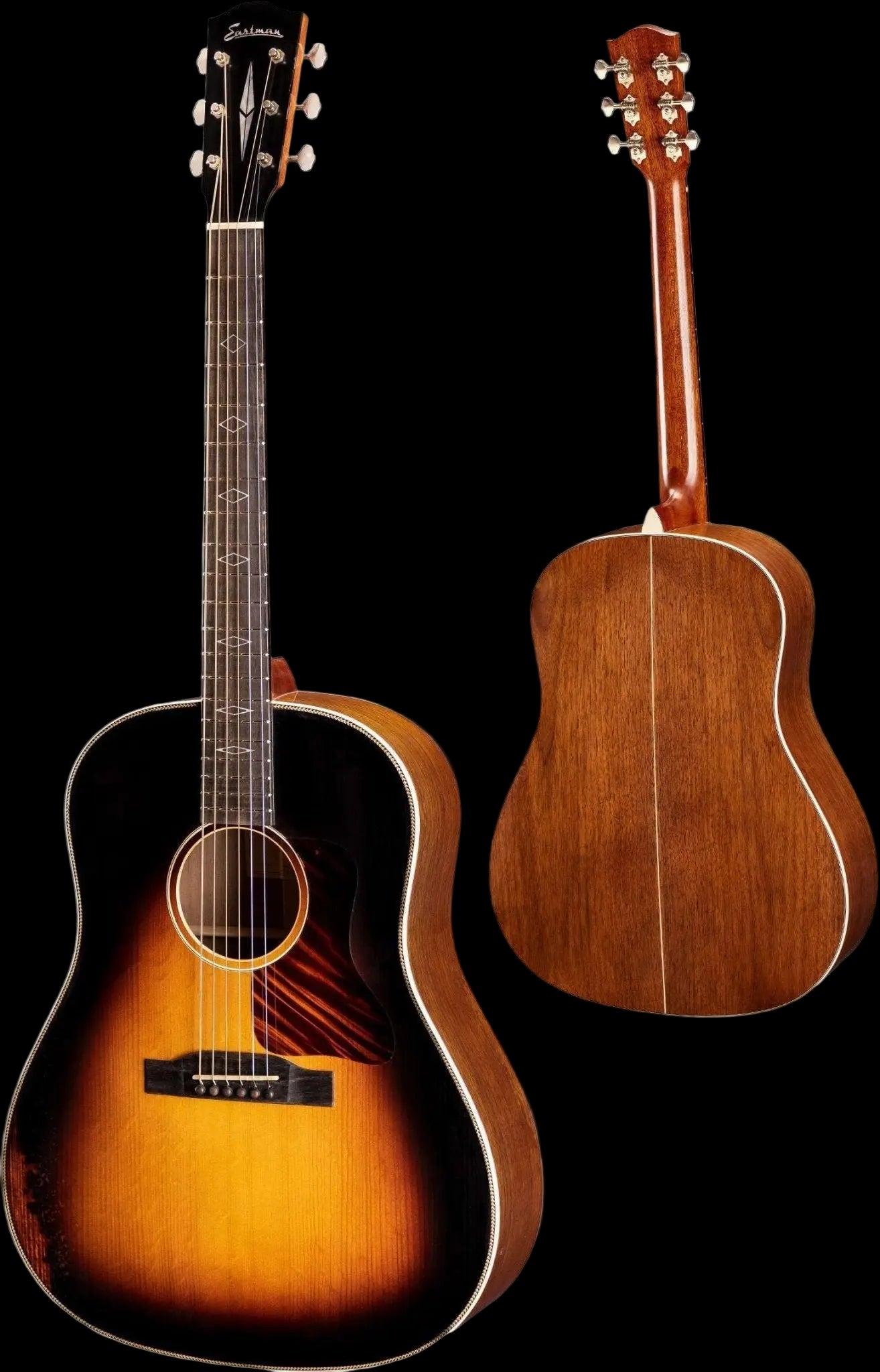

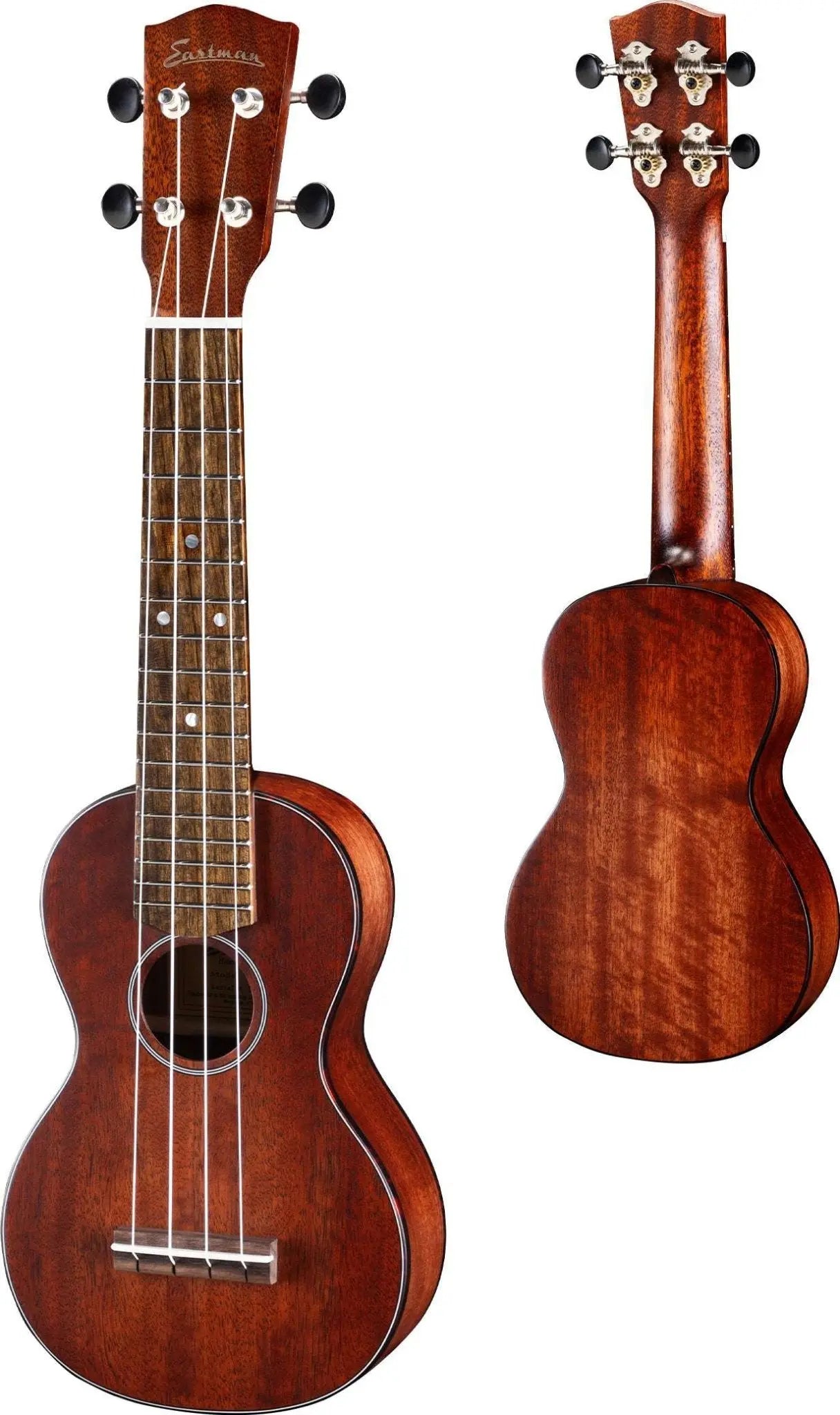
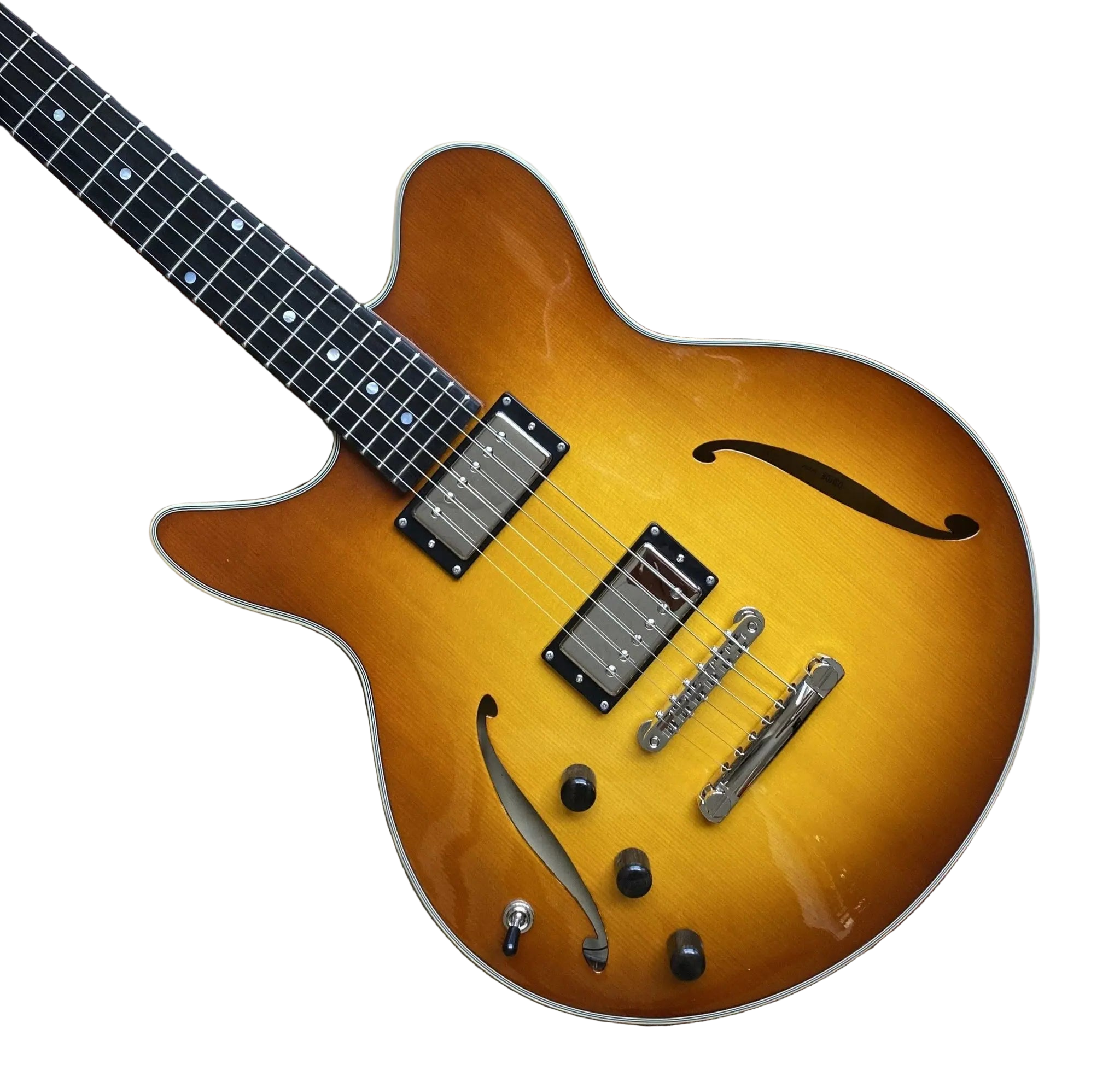
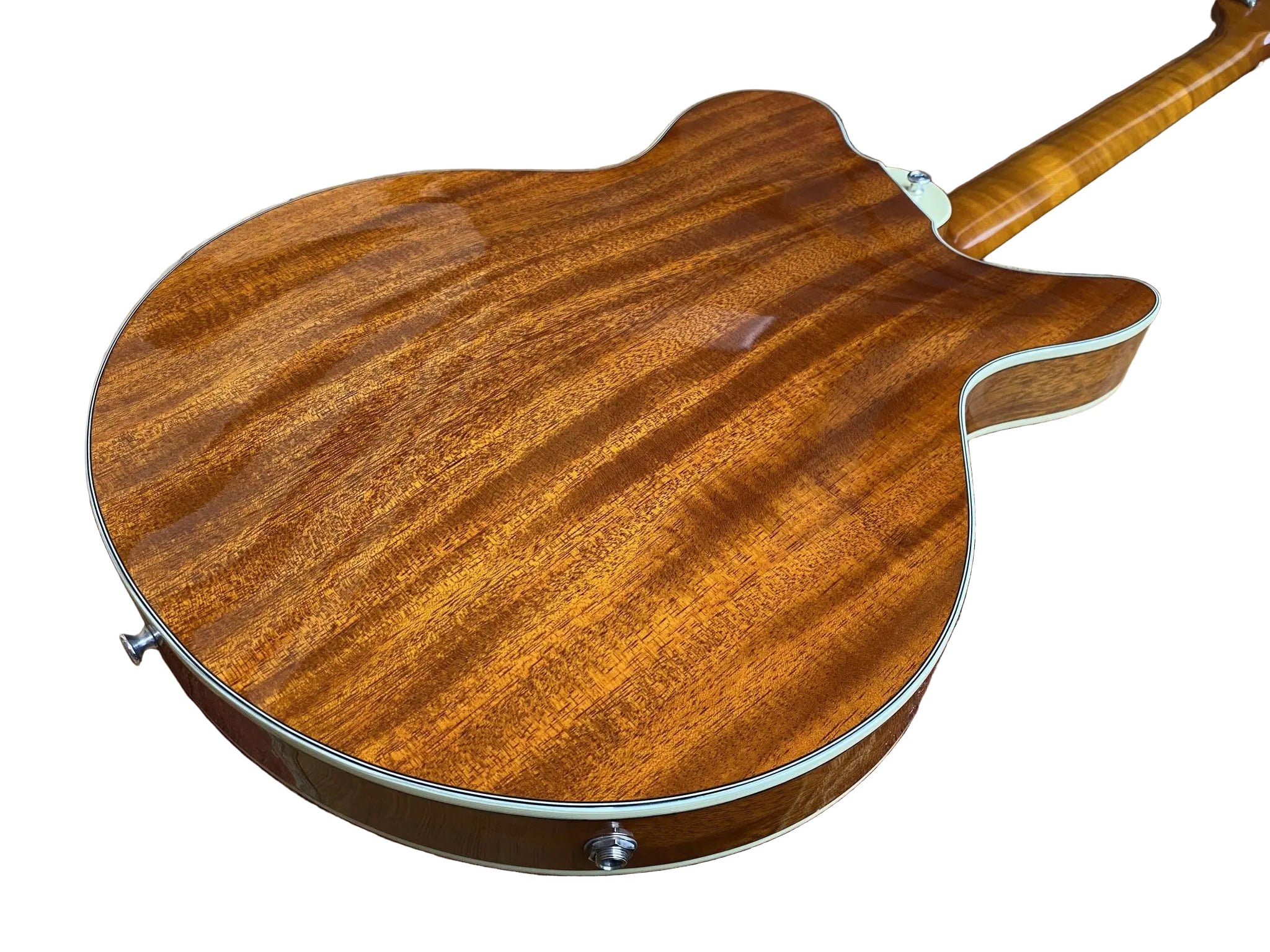
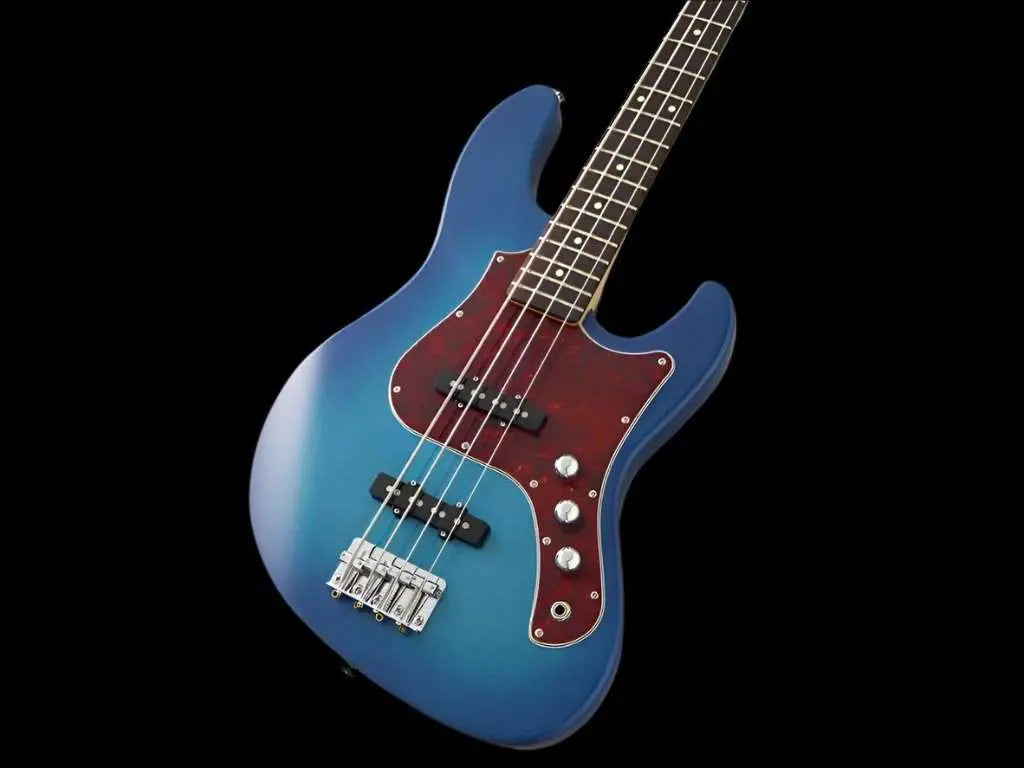

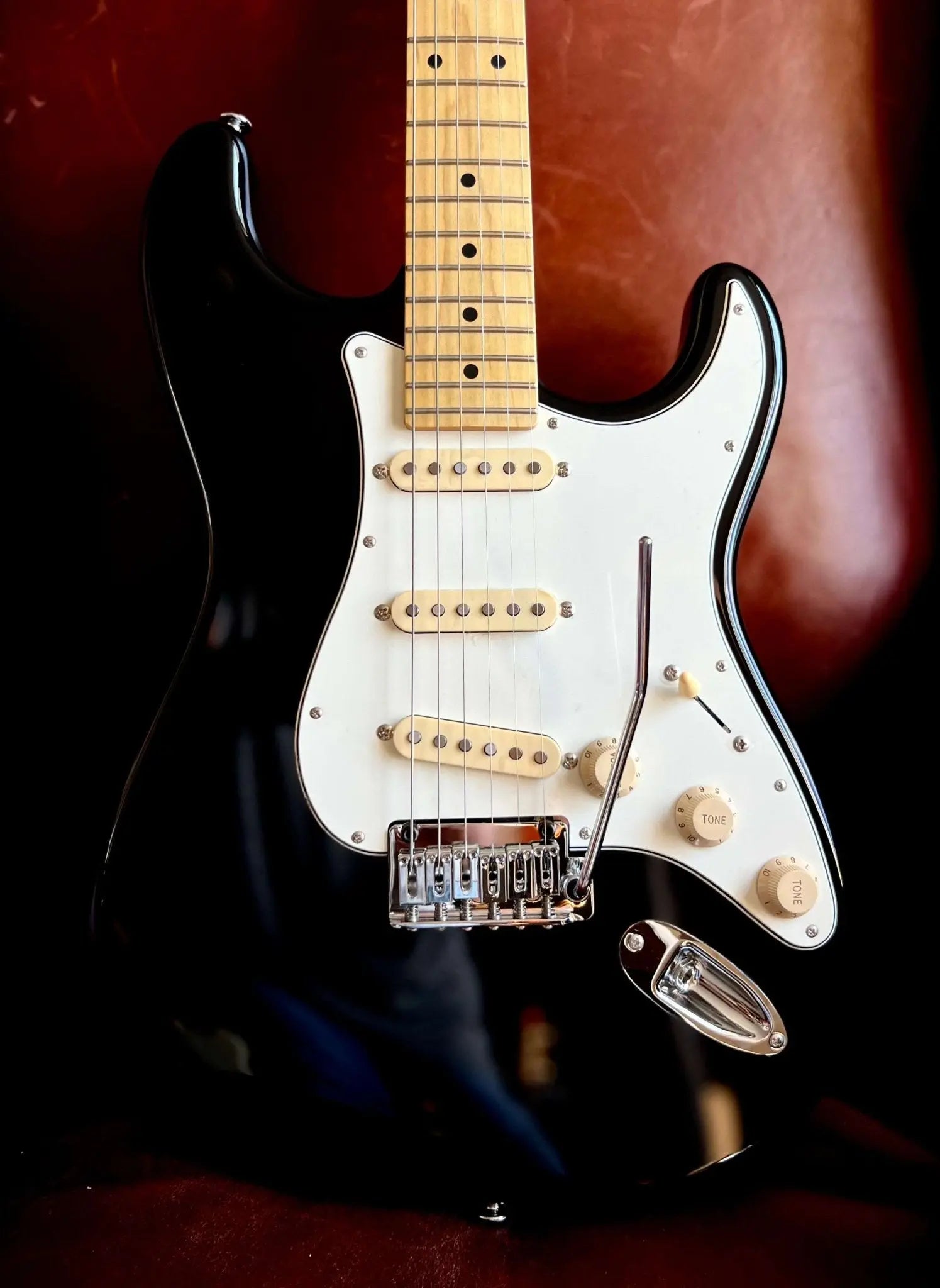
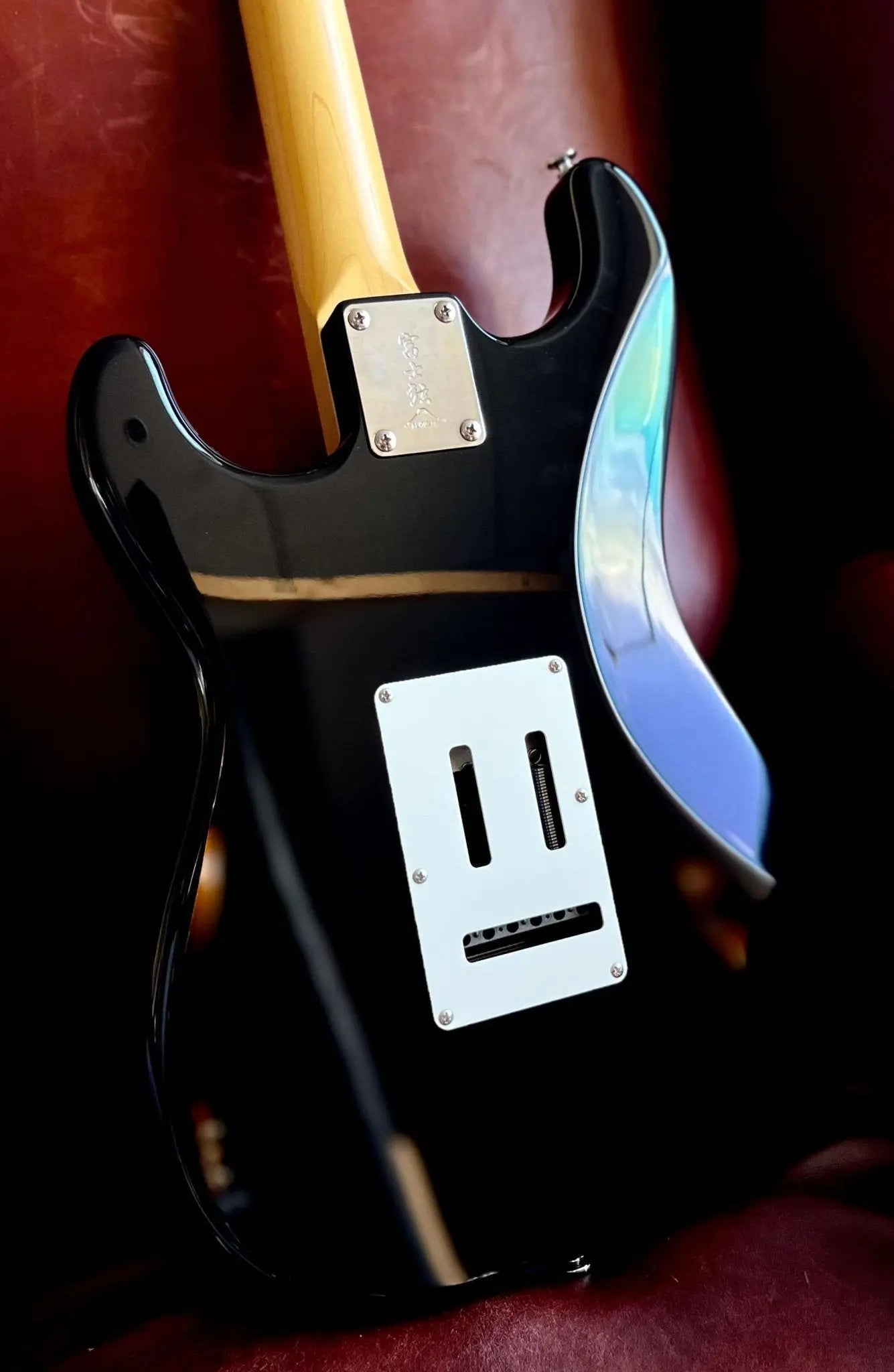

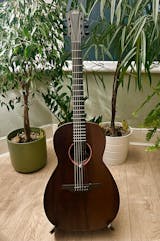


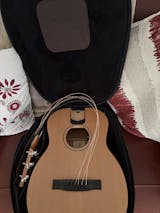

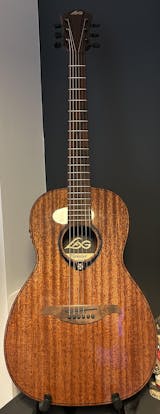


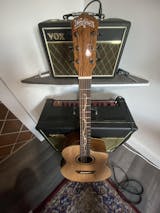

Leave a comment
This site is protected by hCaptcha and the hCaptcha Privacy Policy and Terms of Service apply.